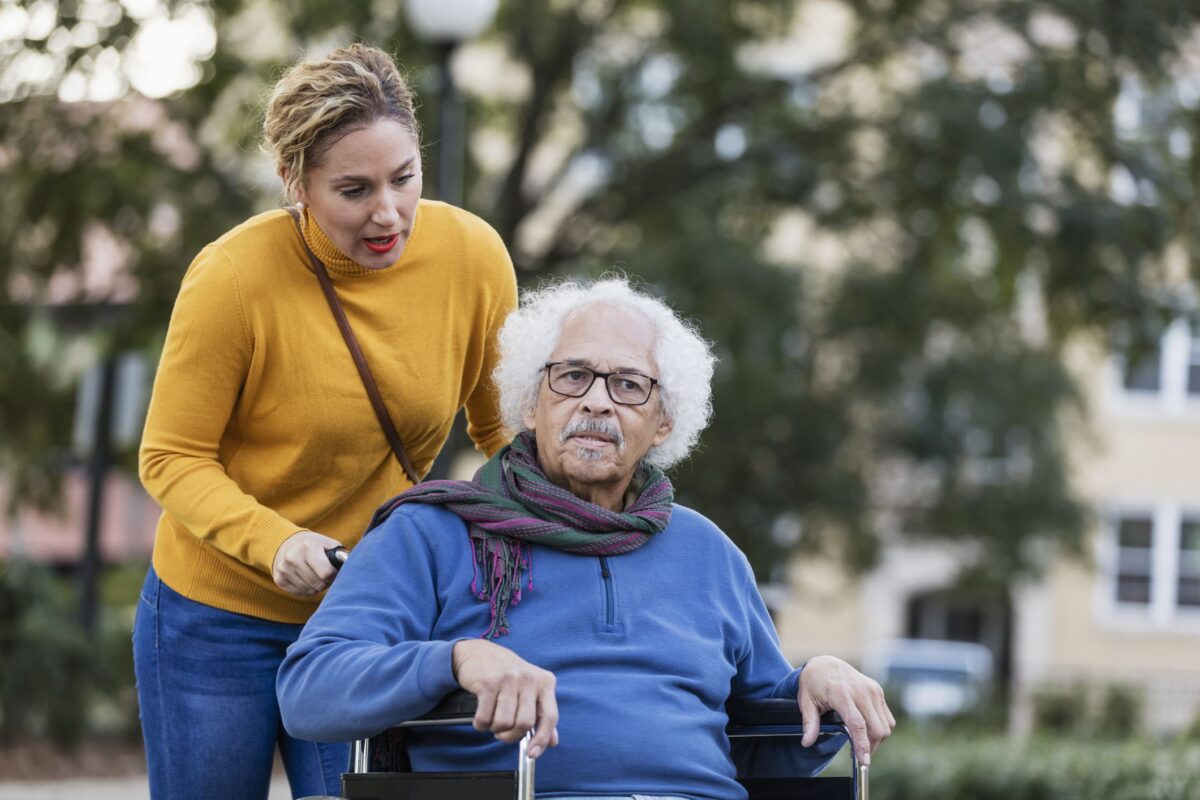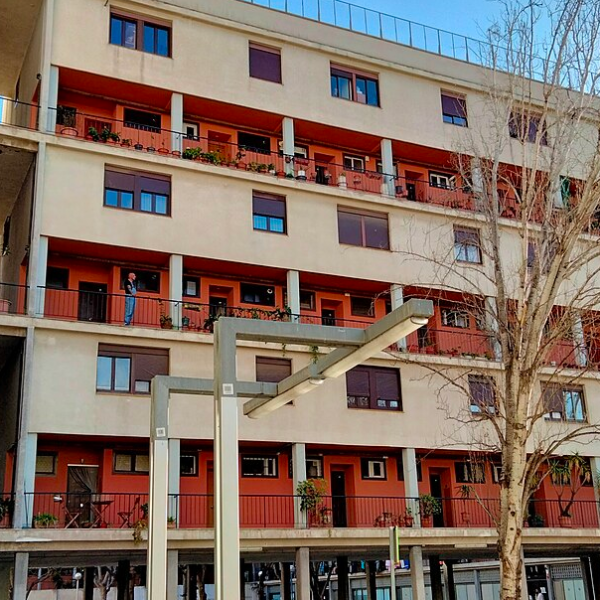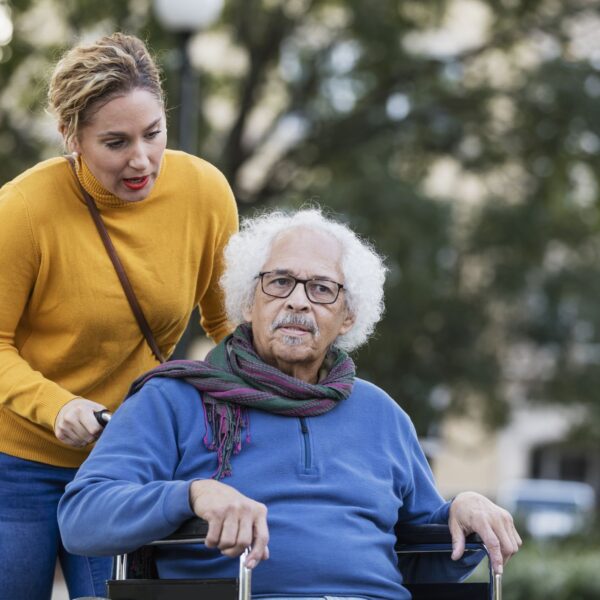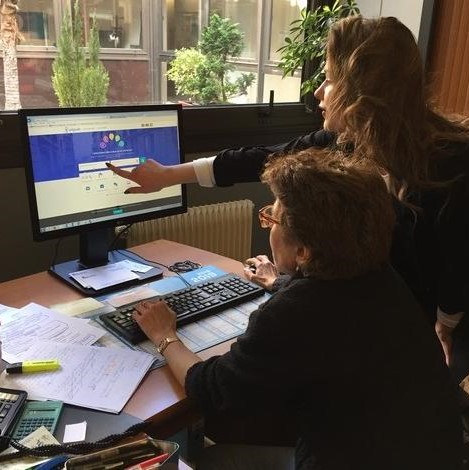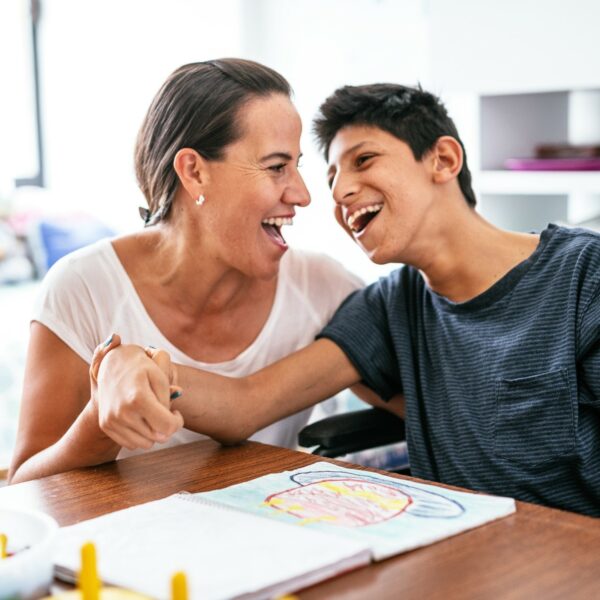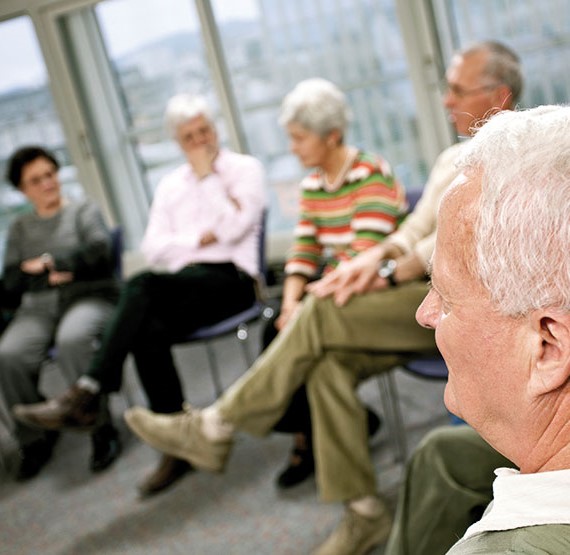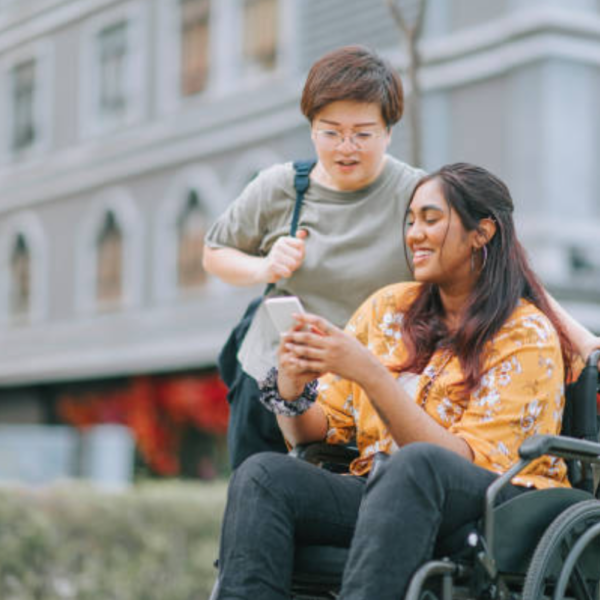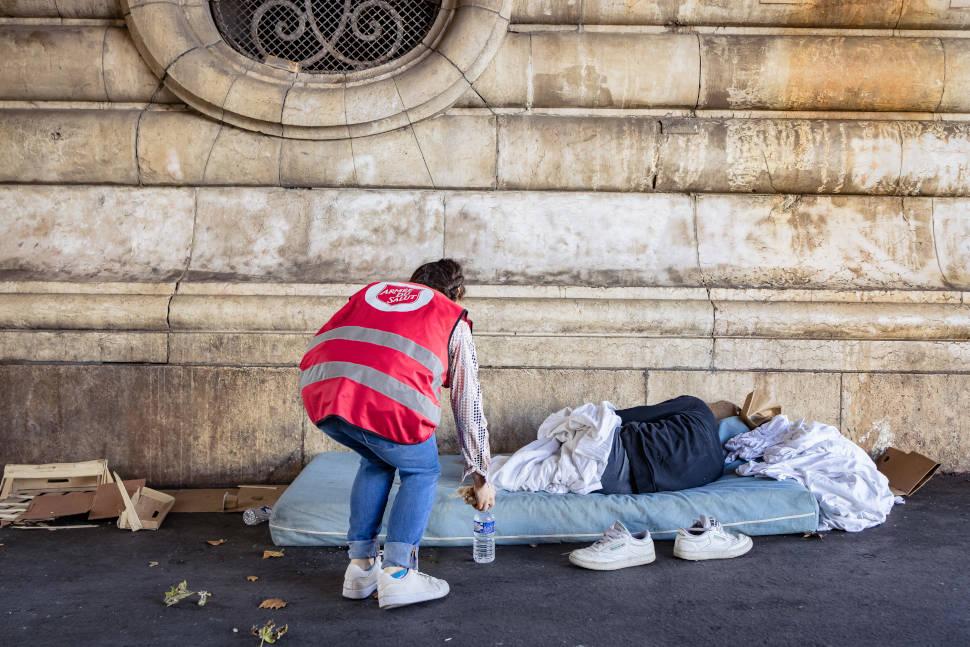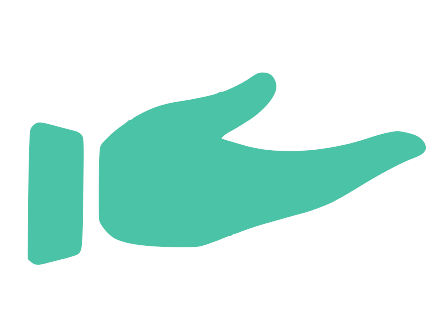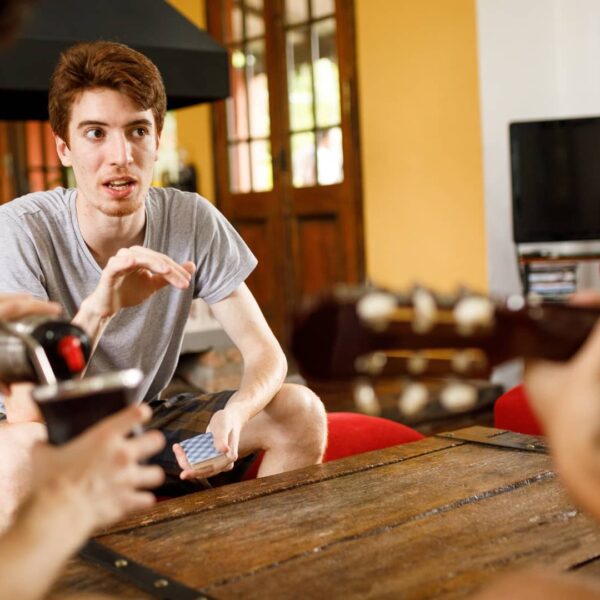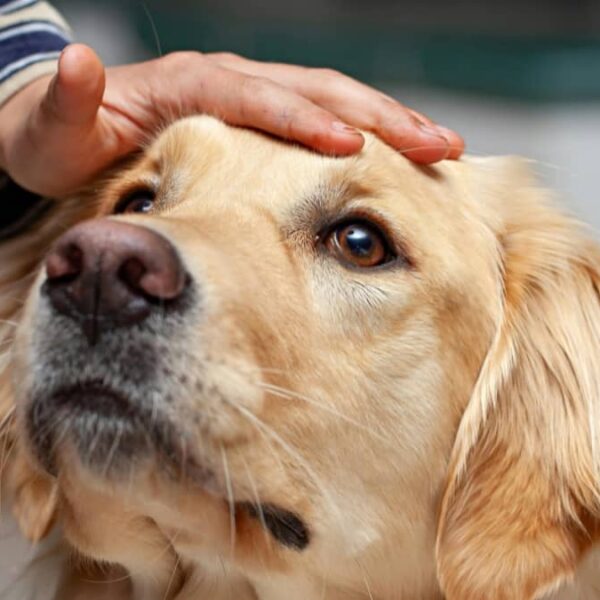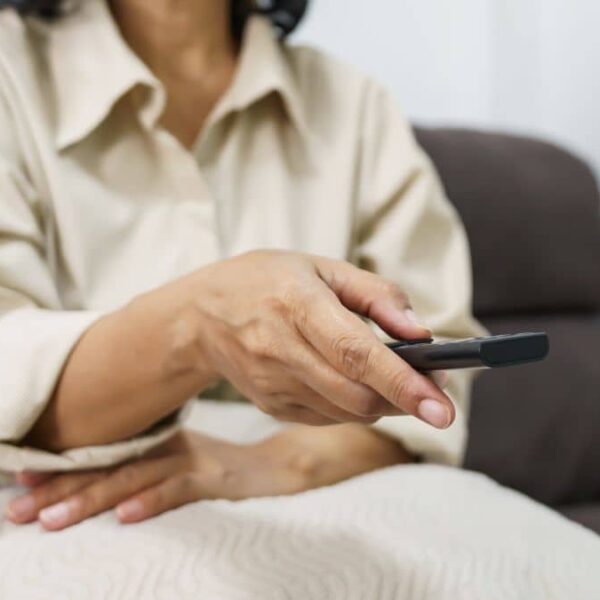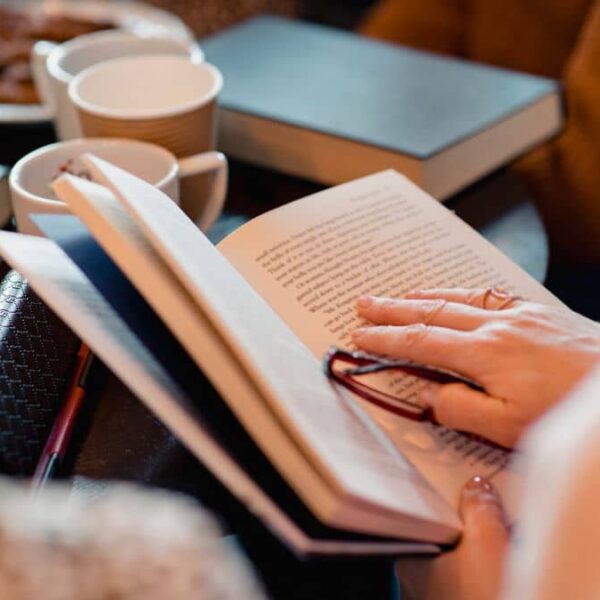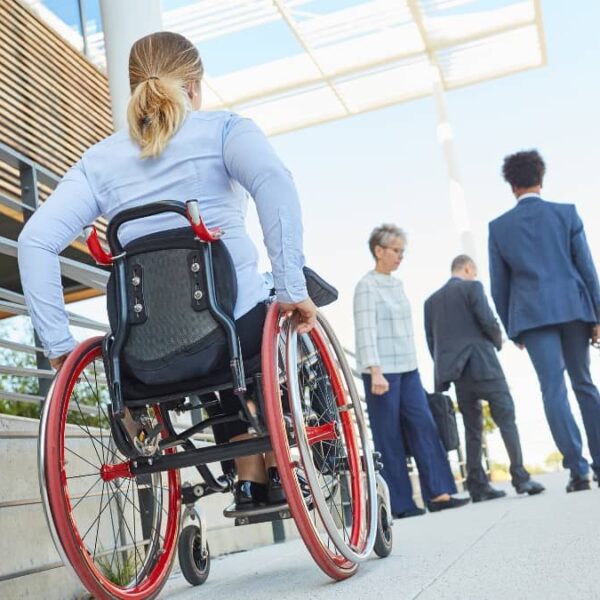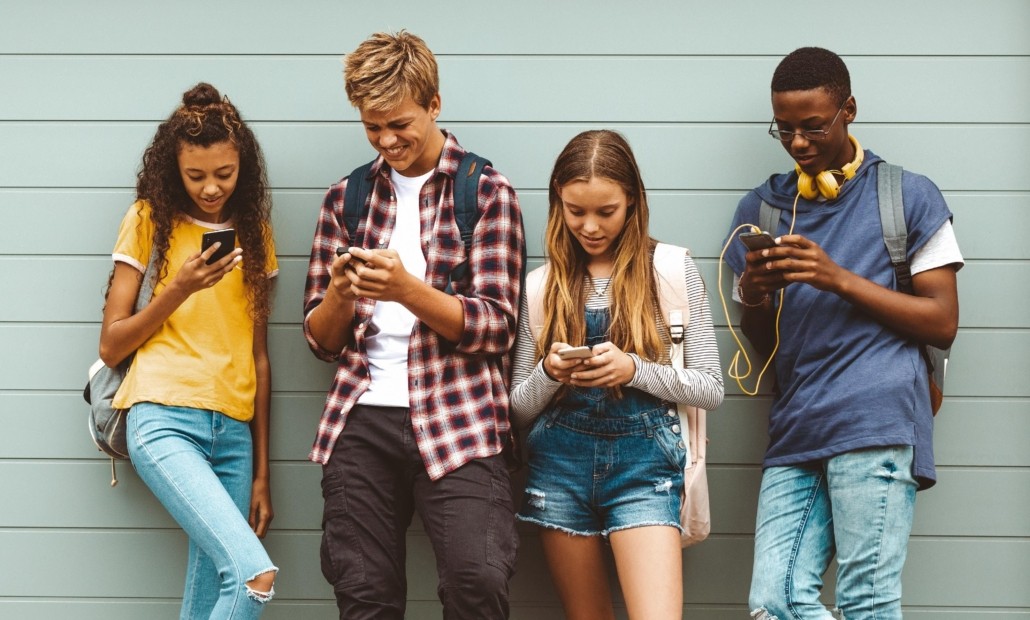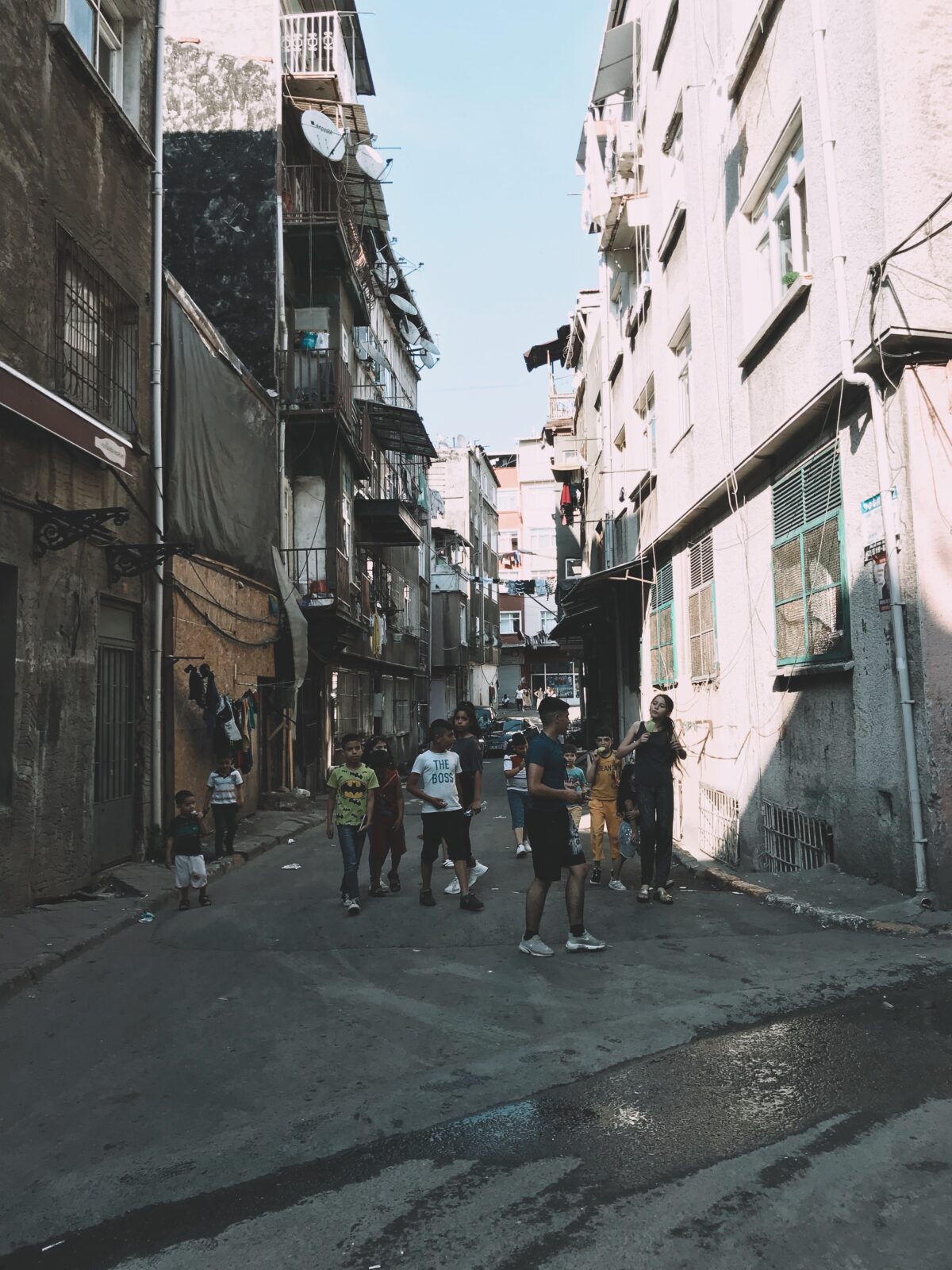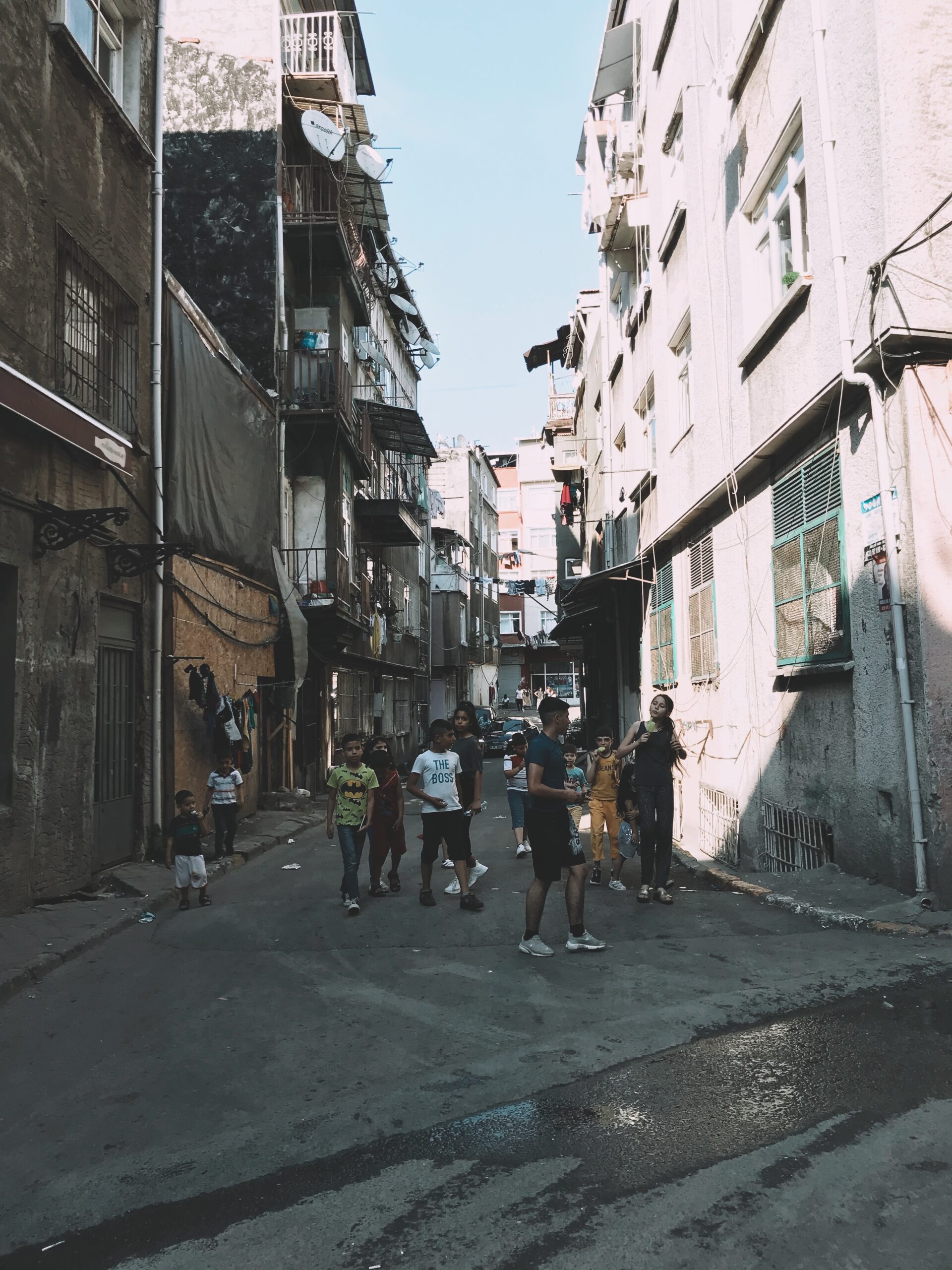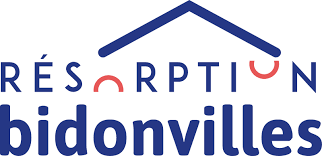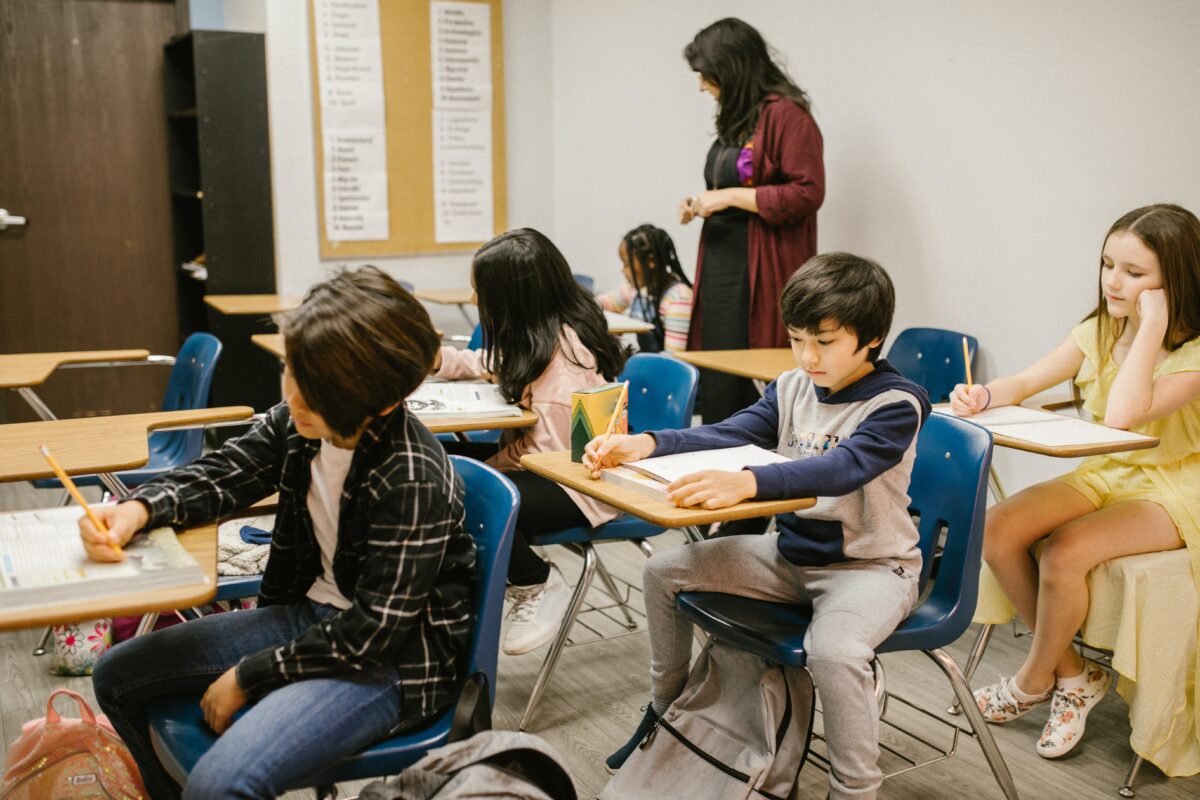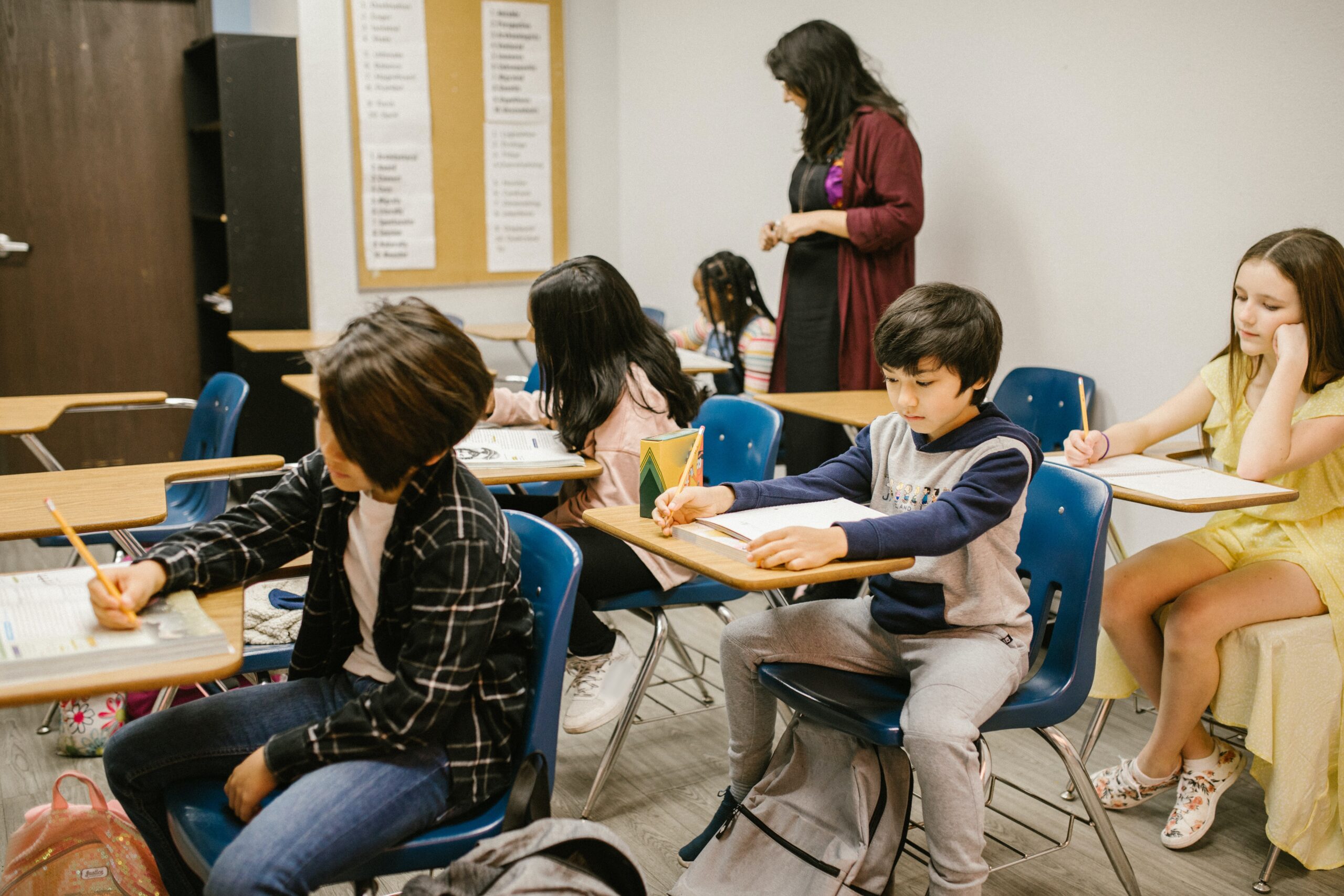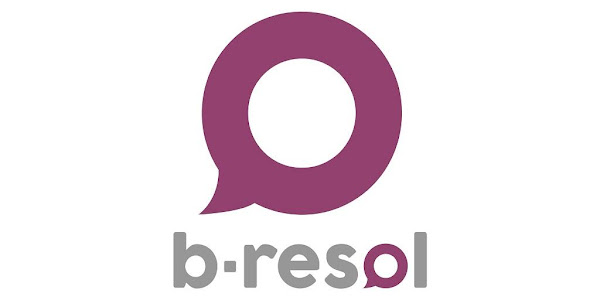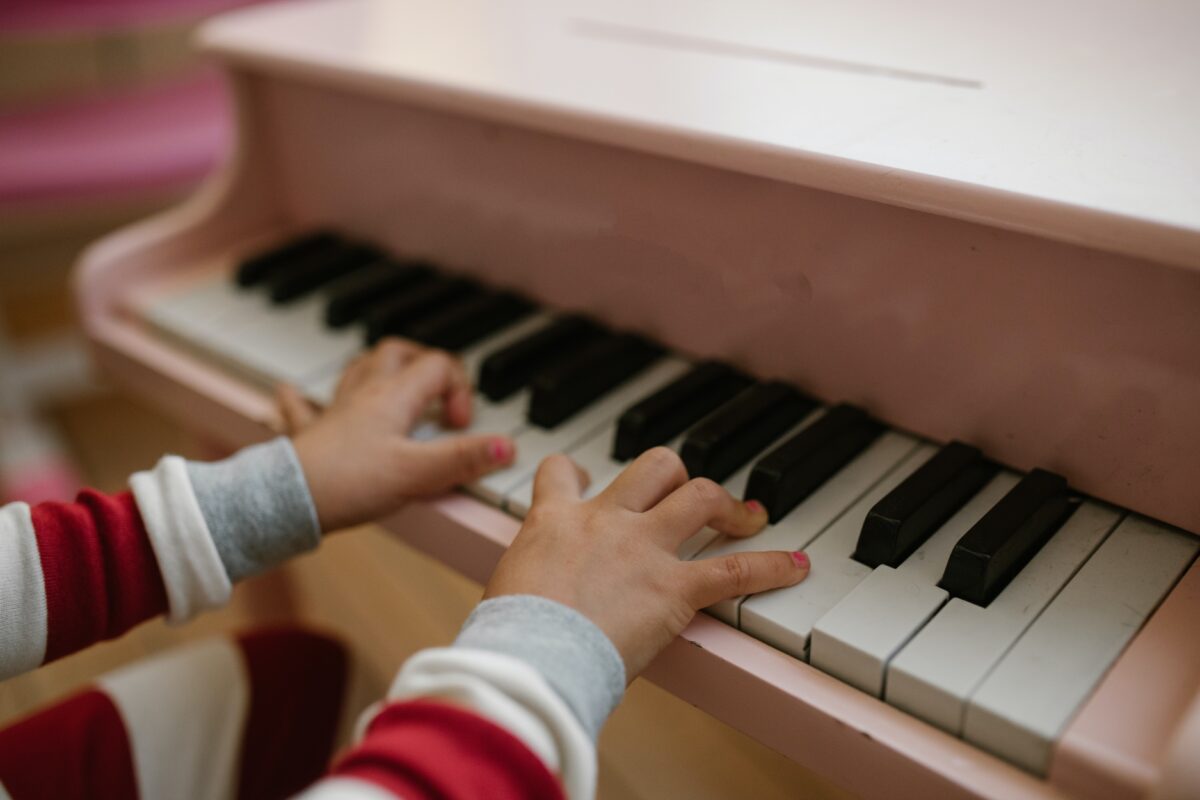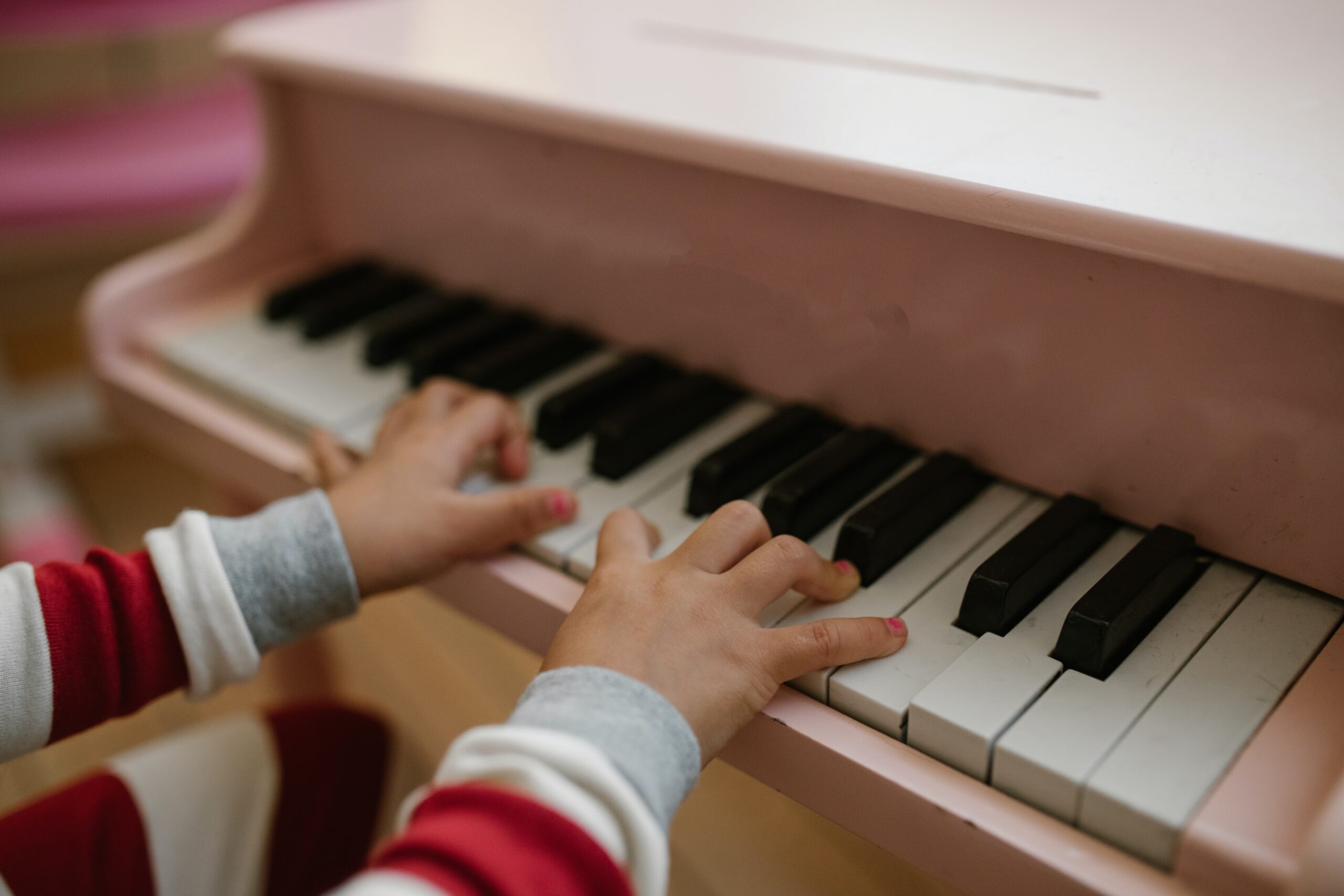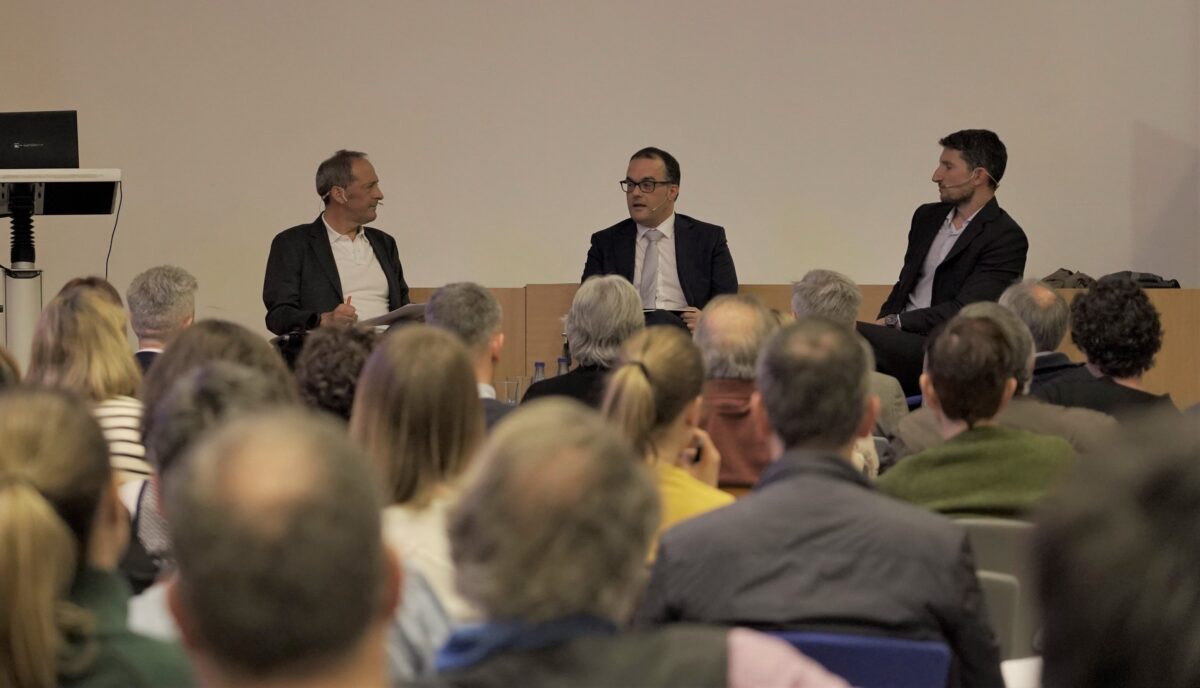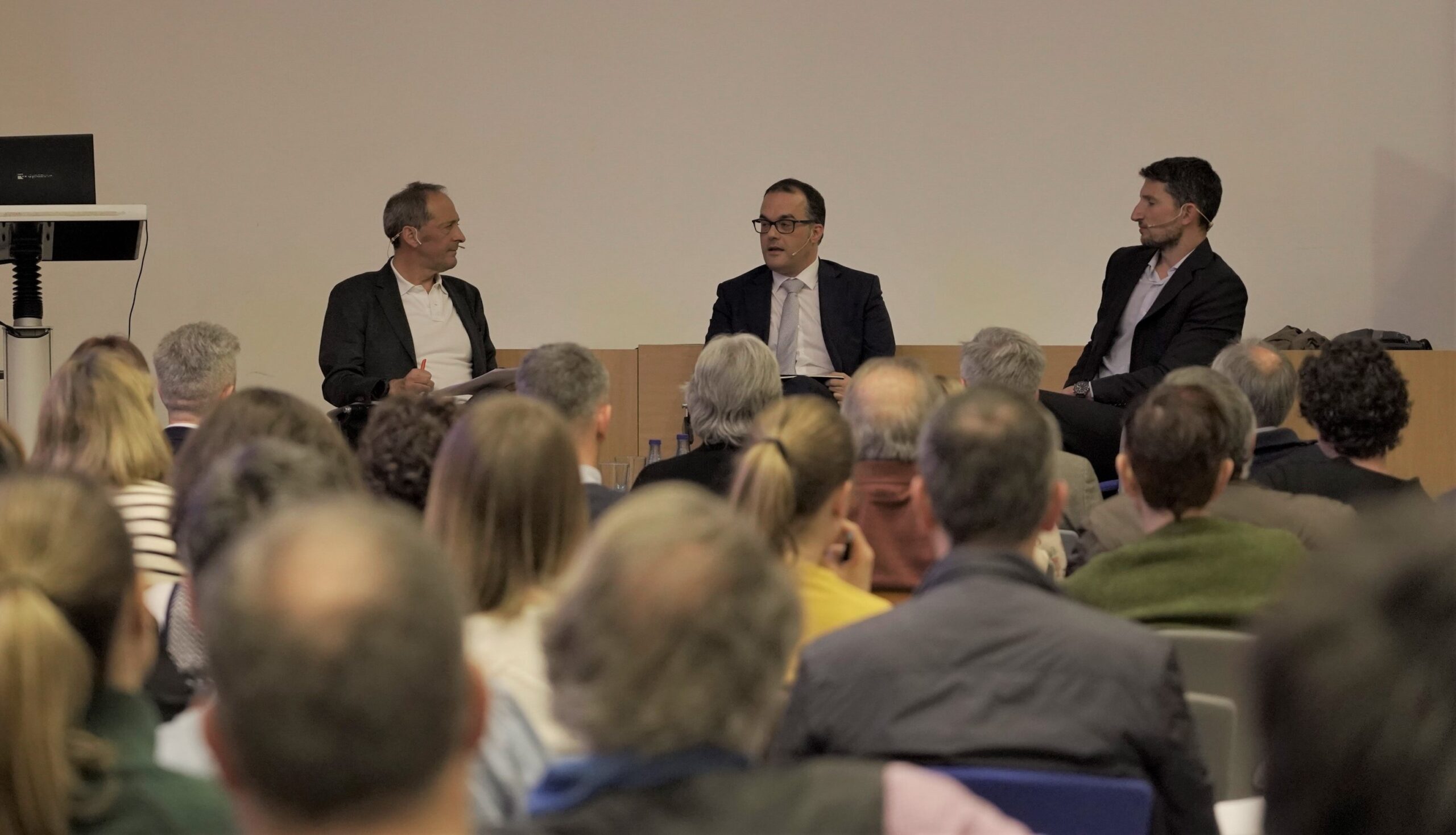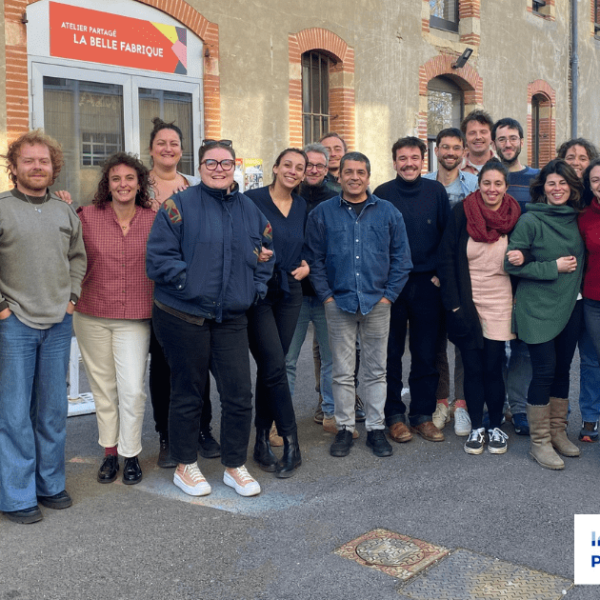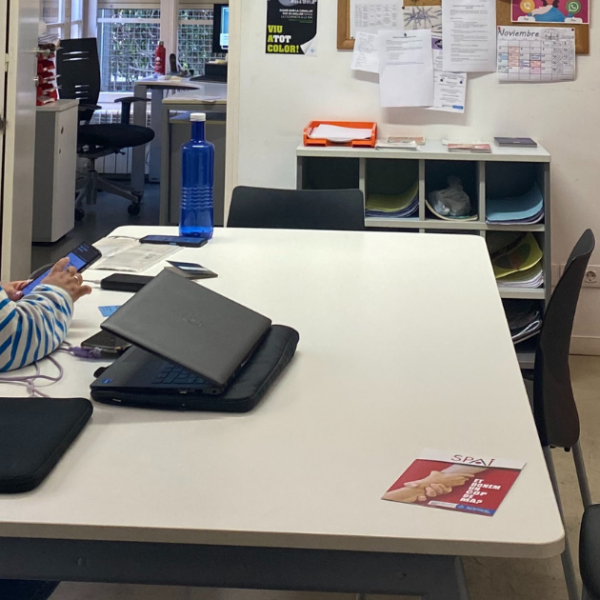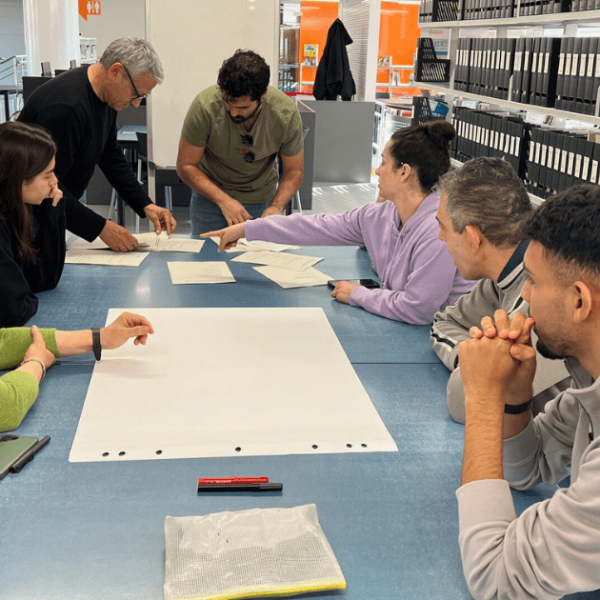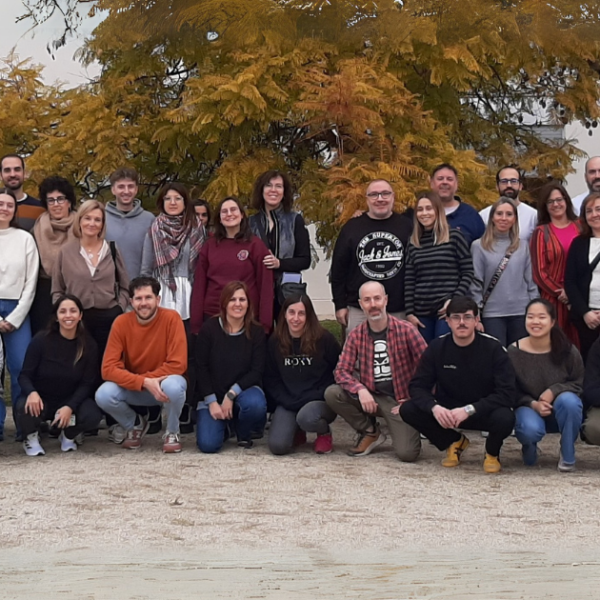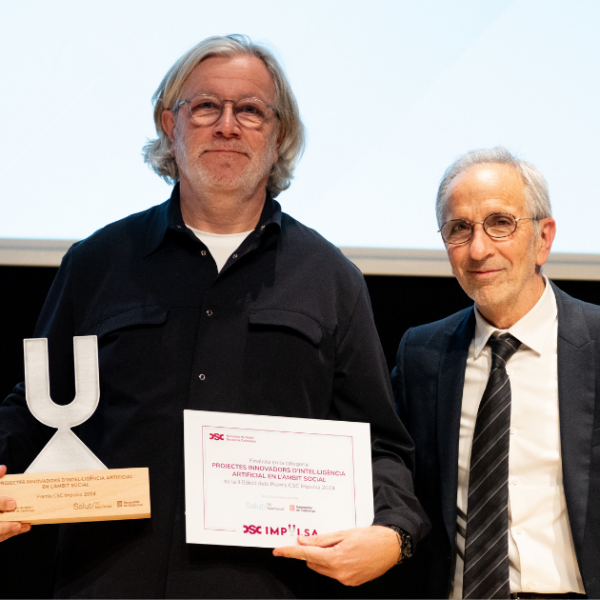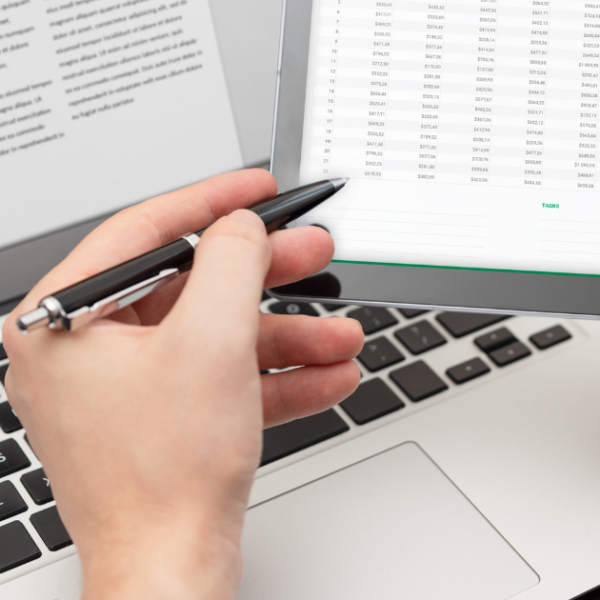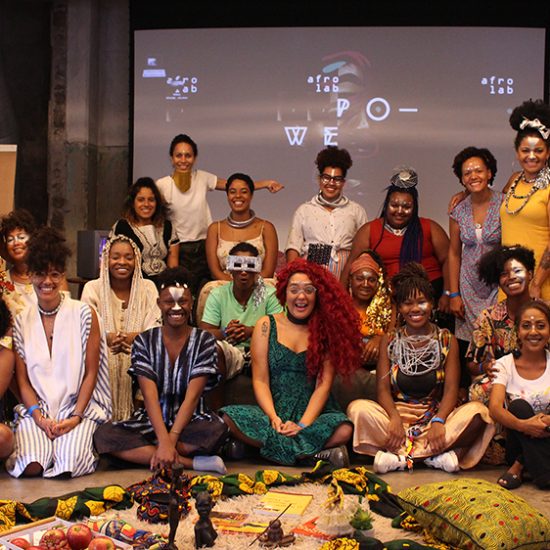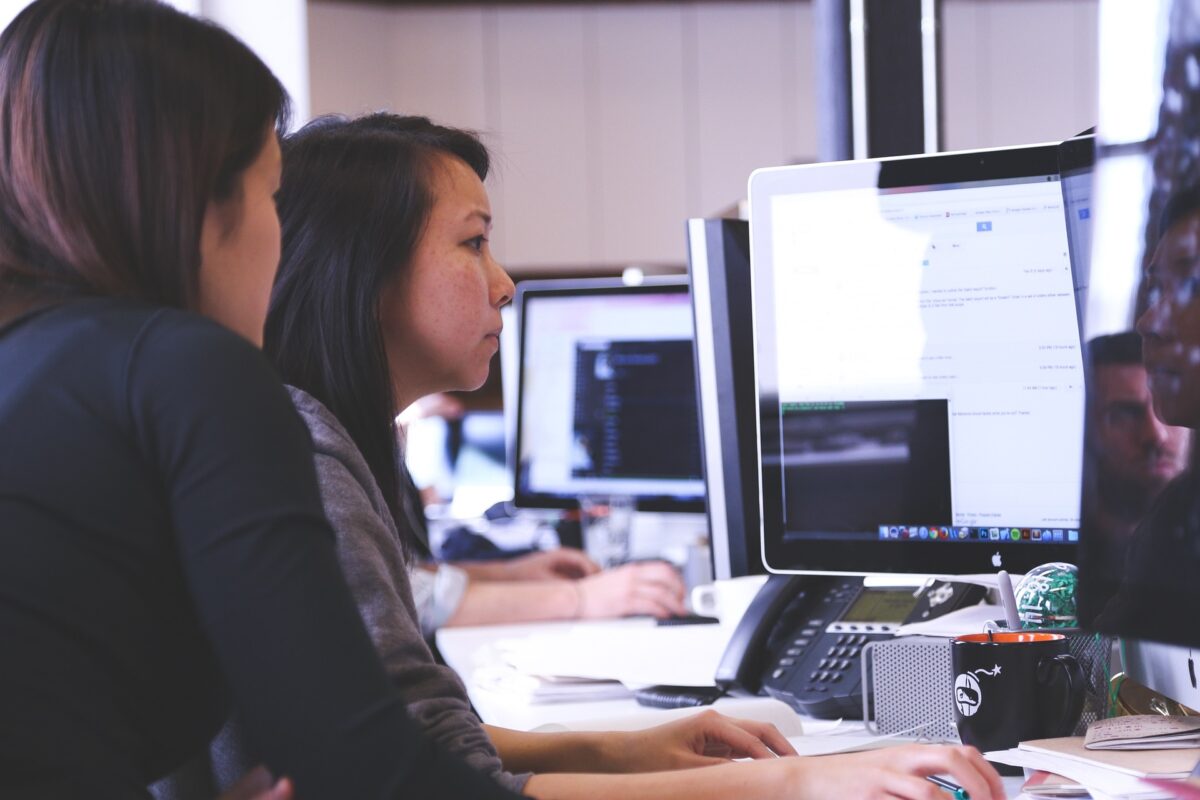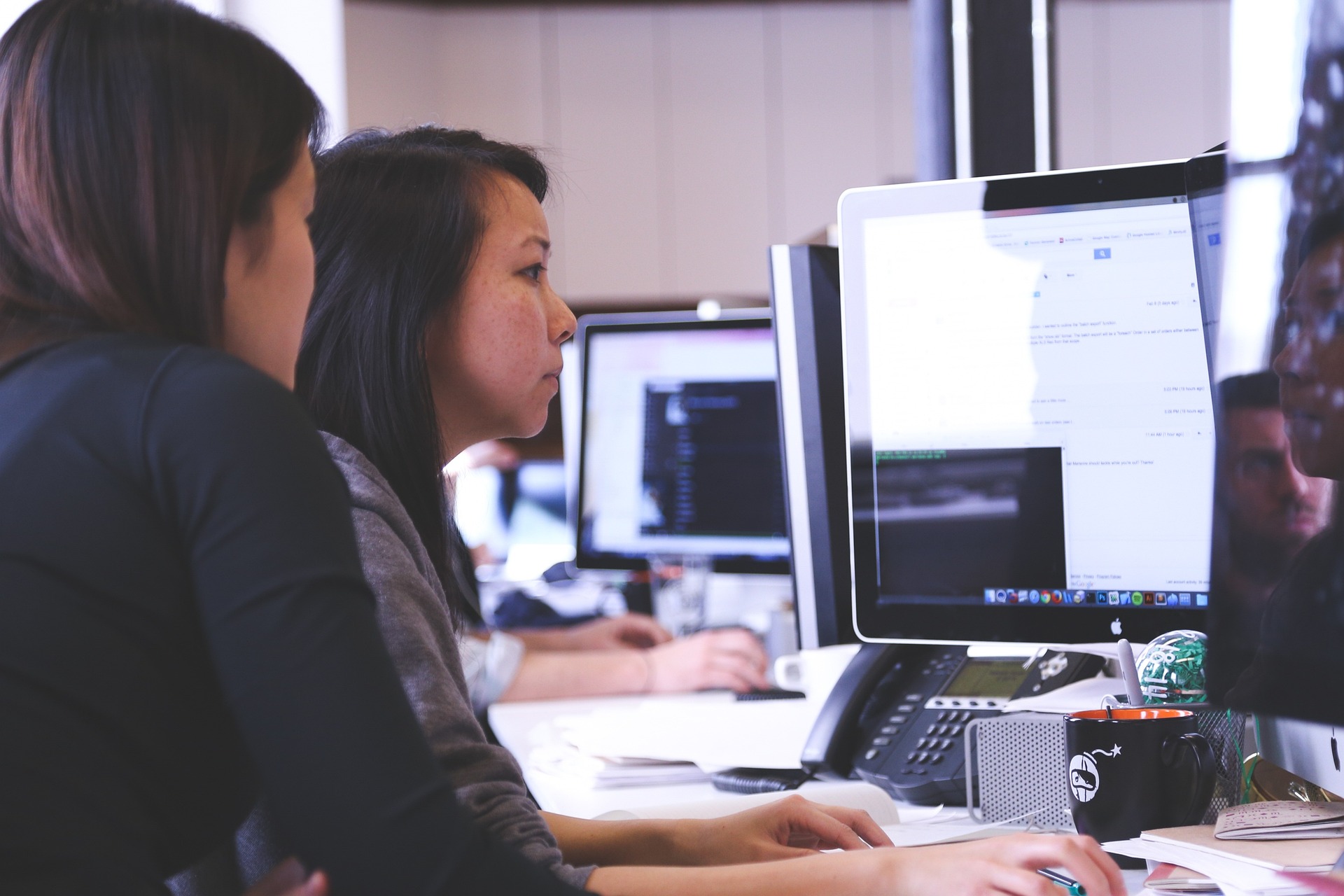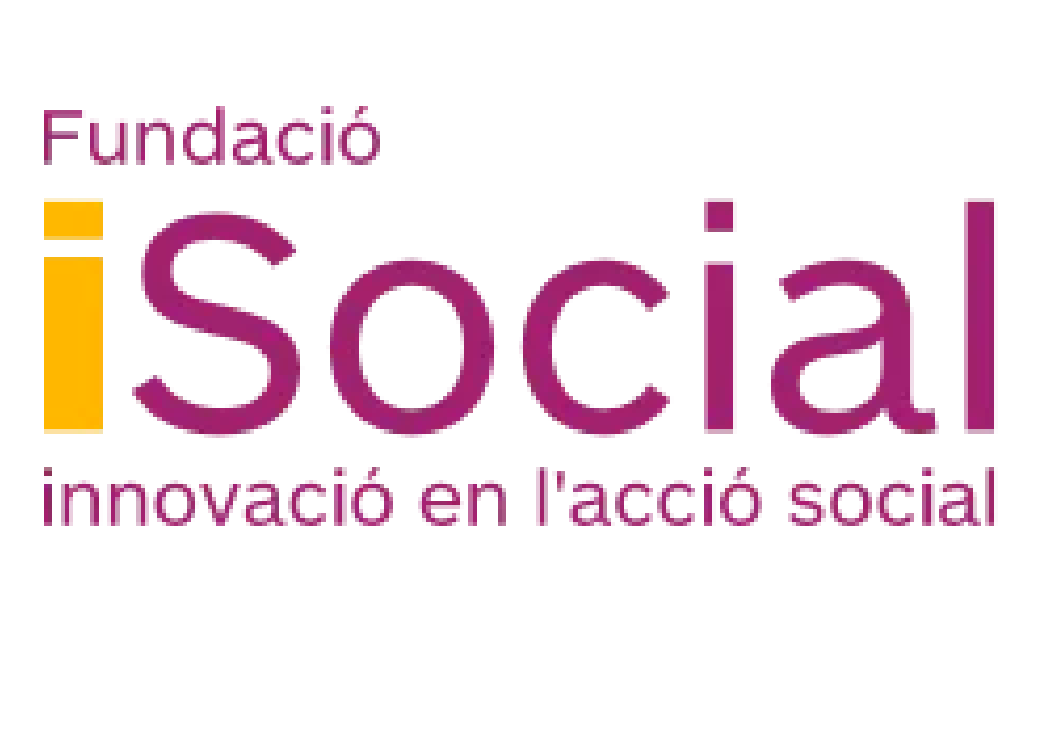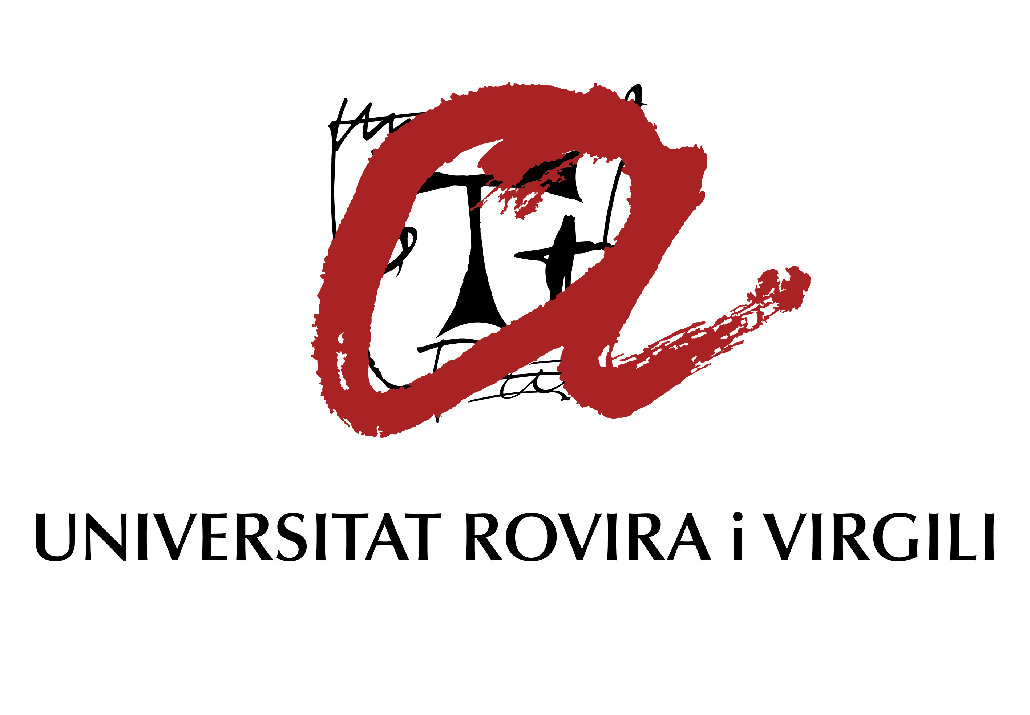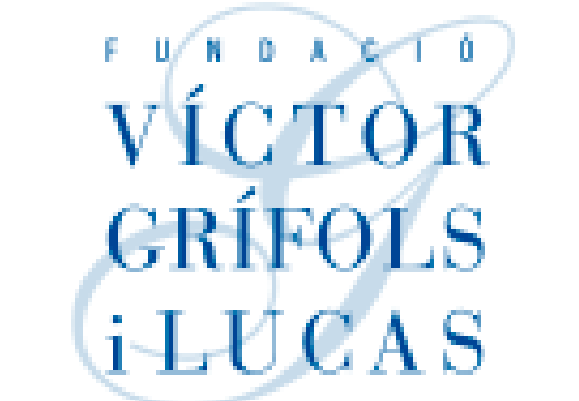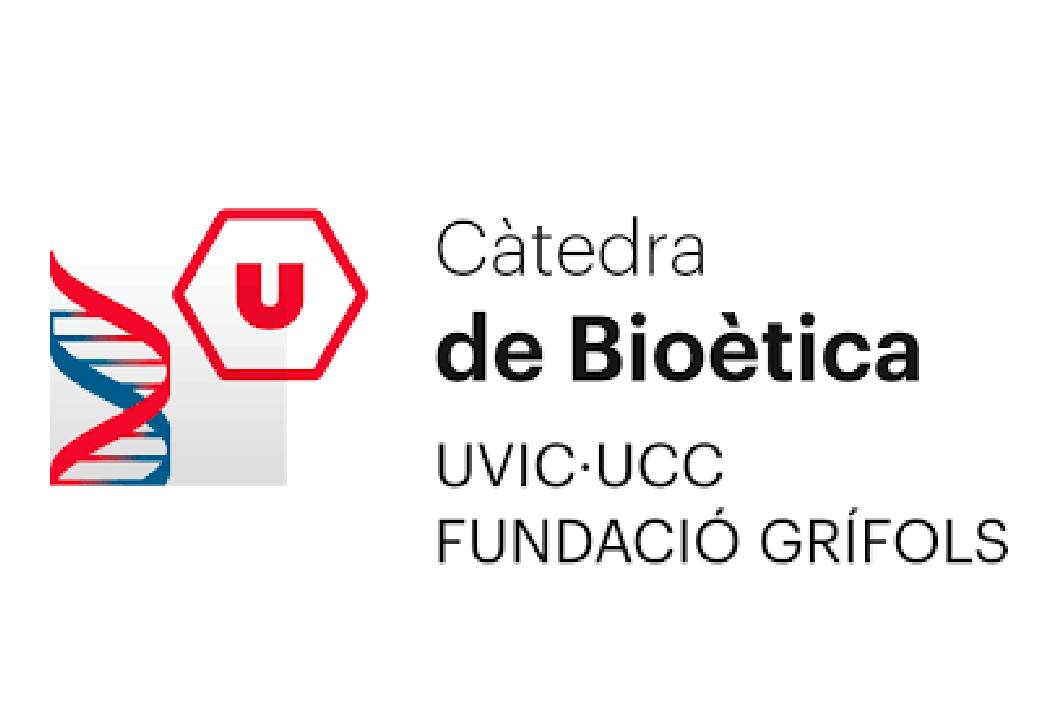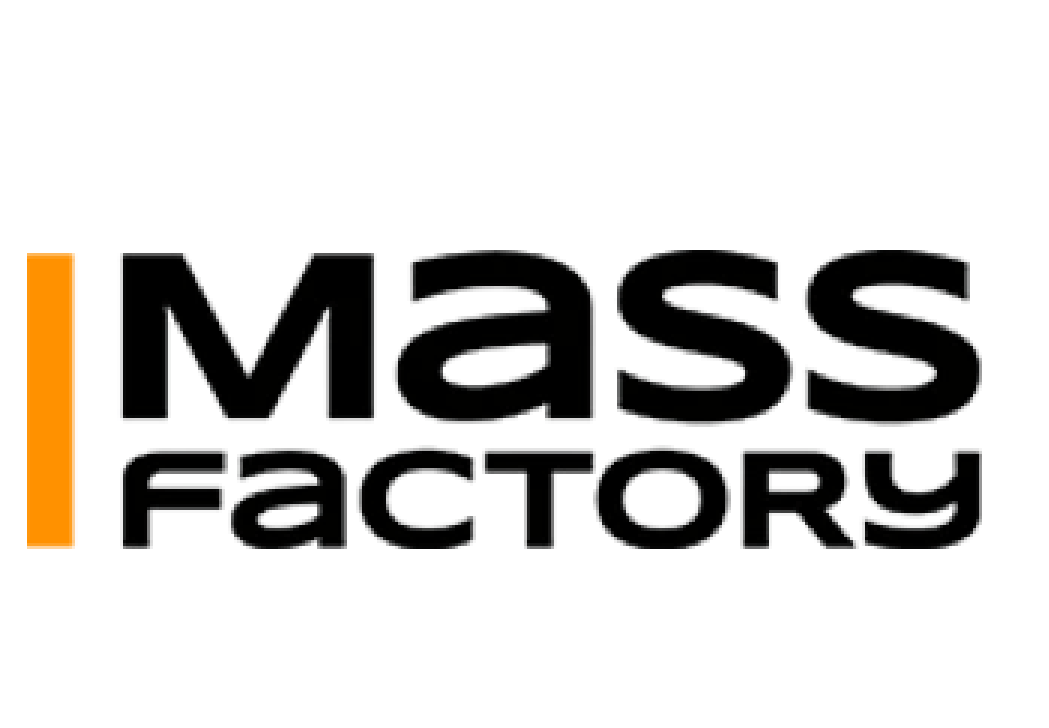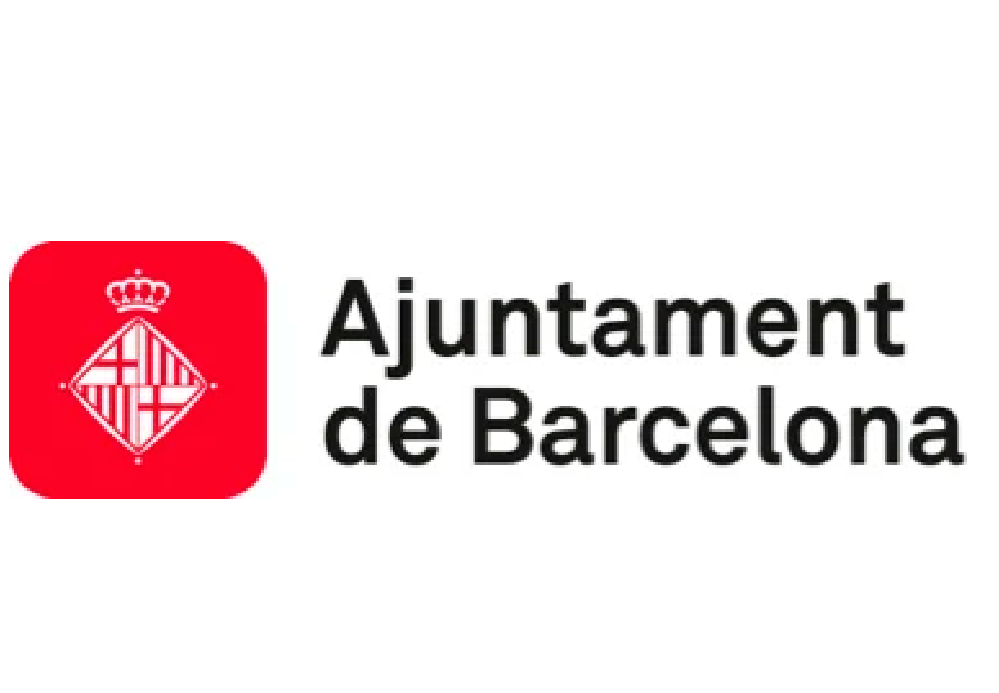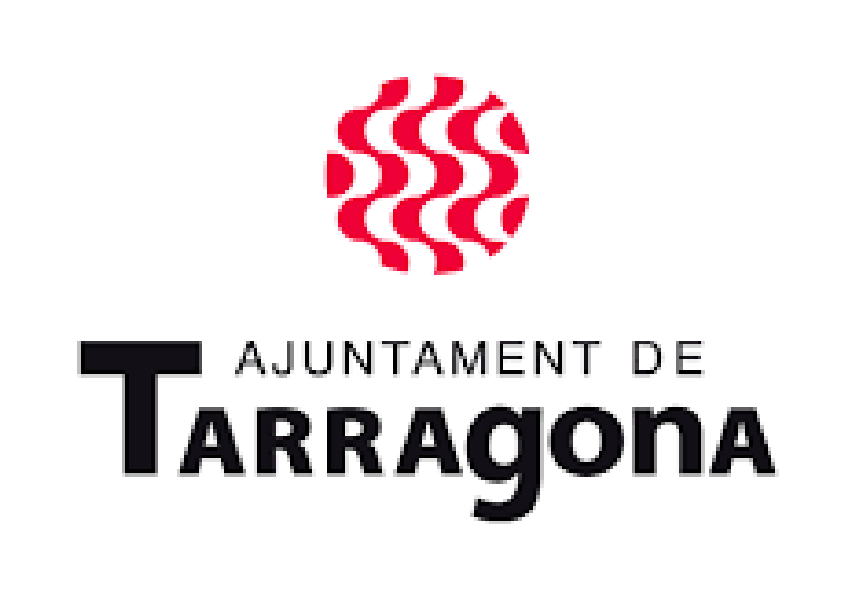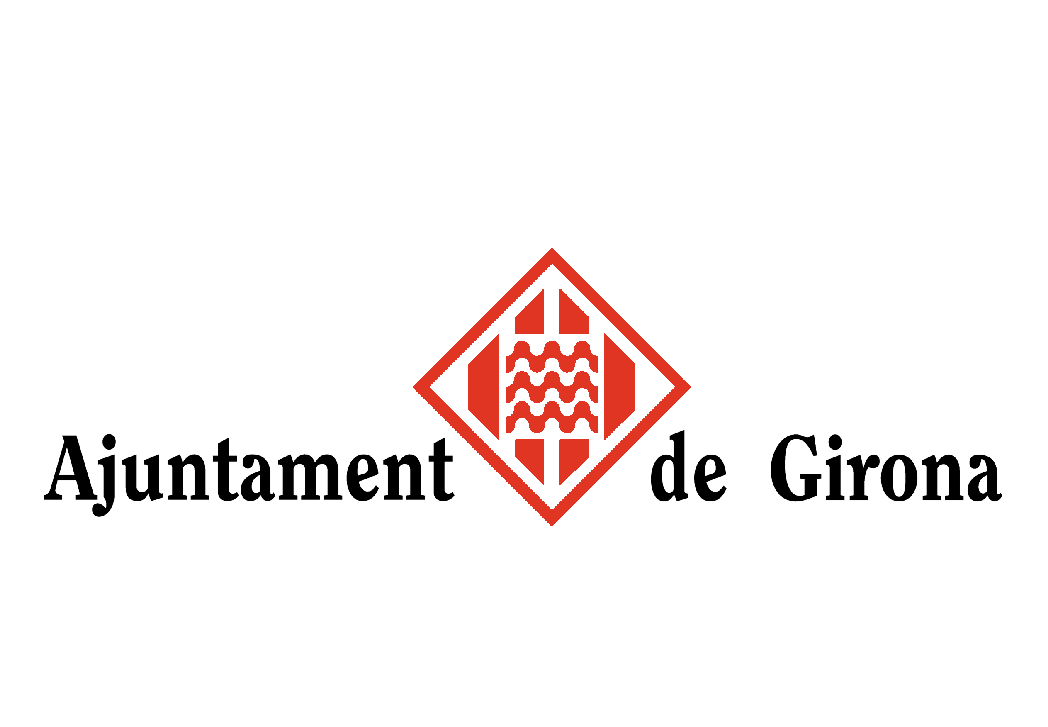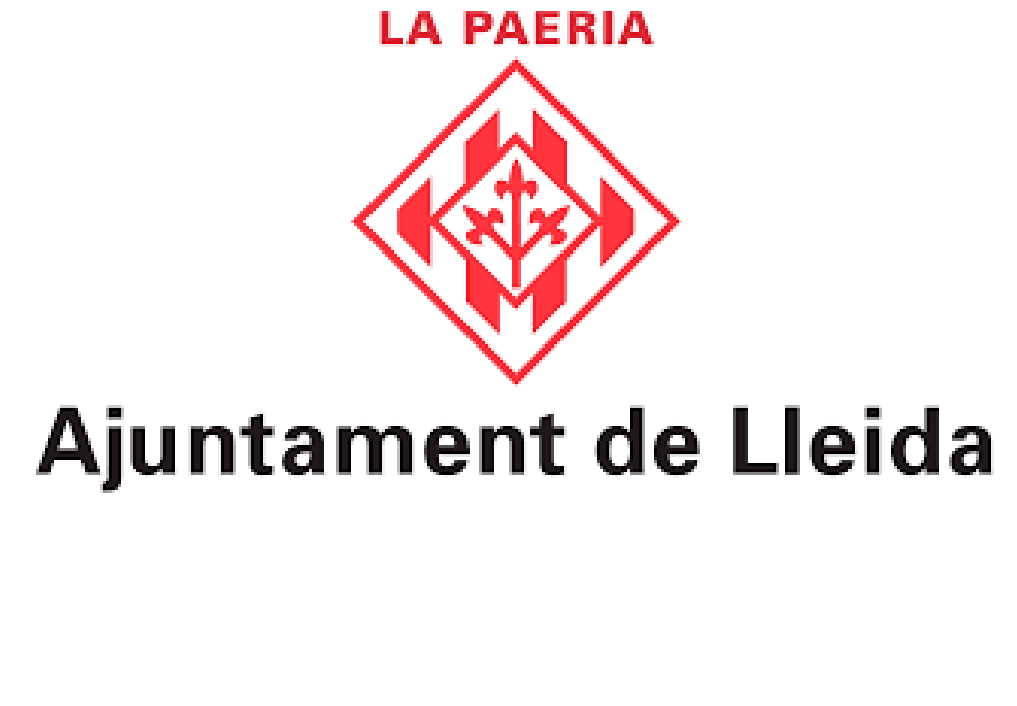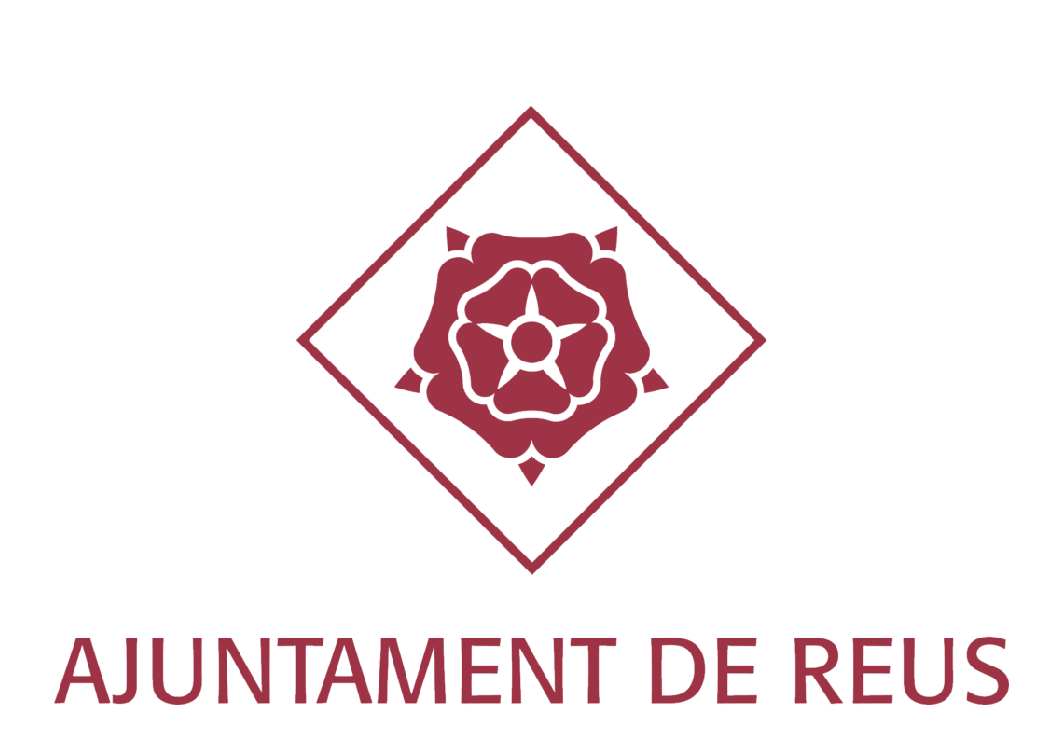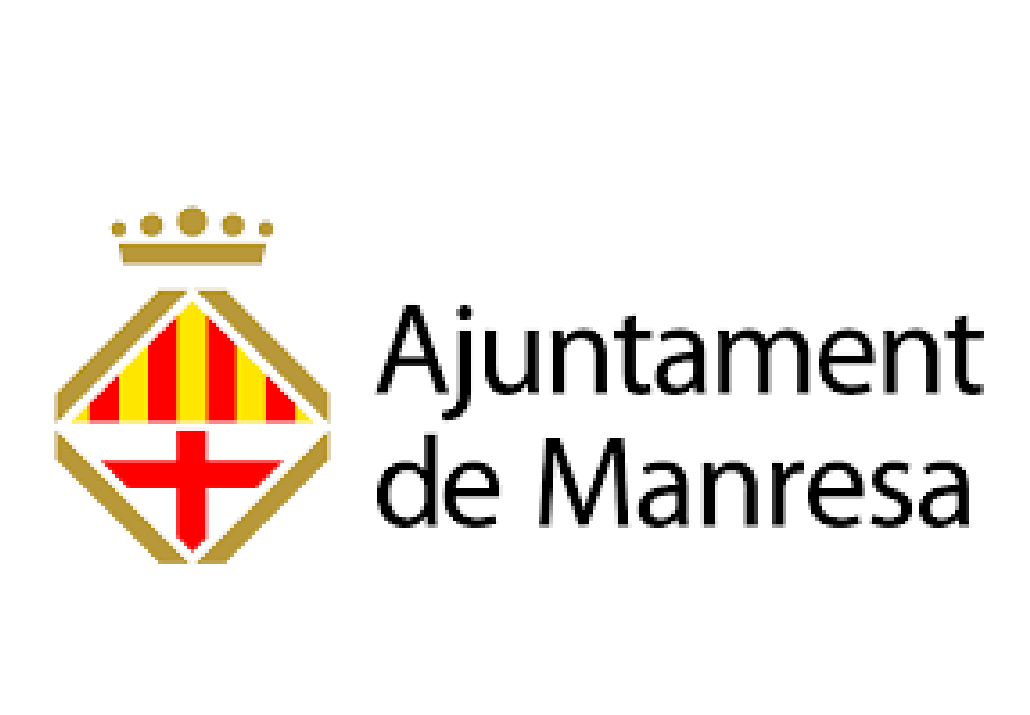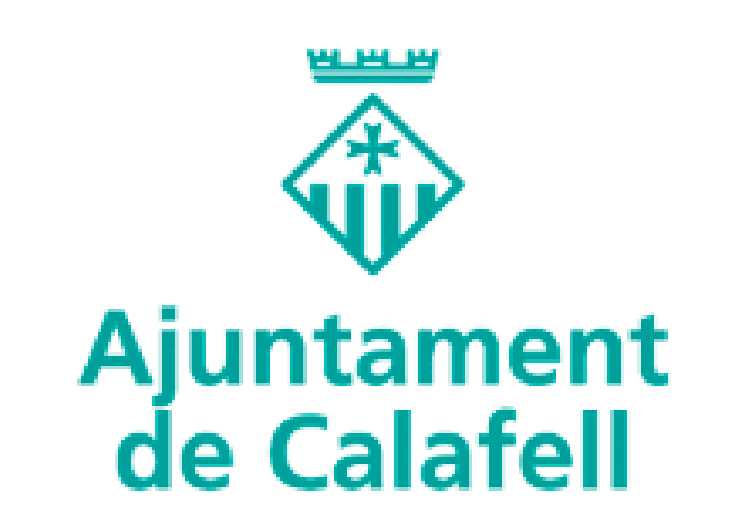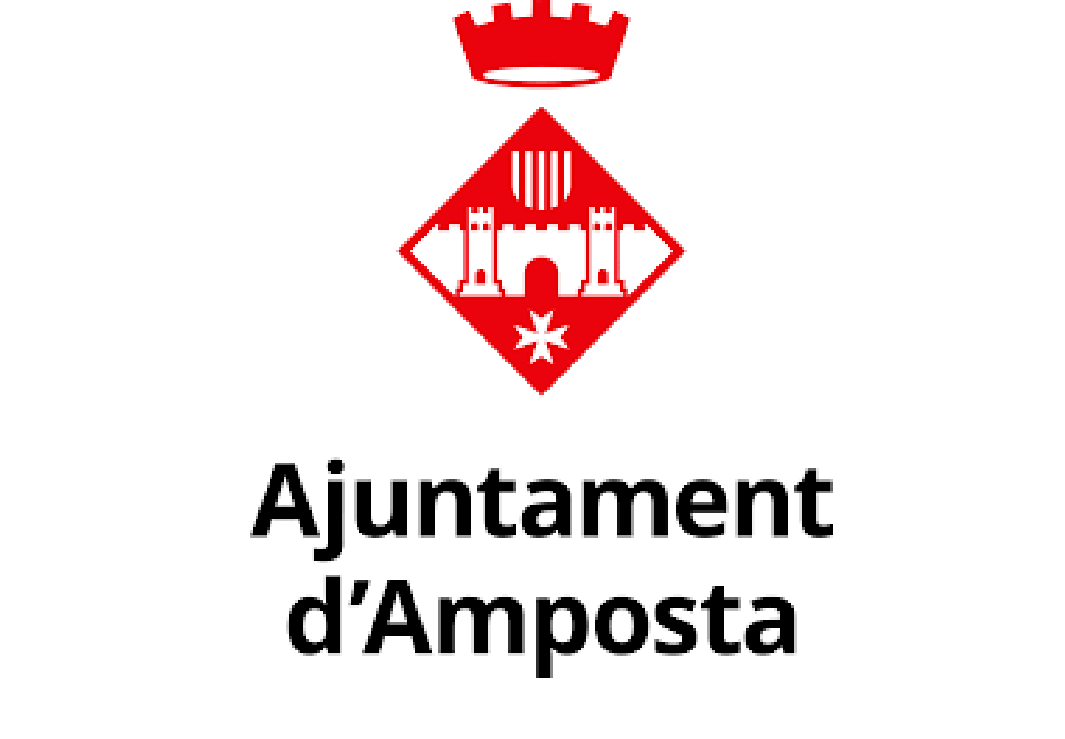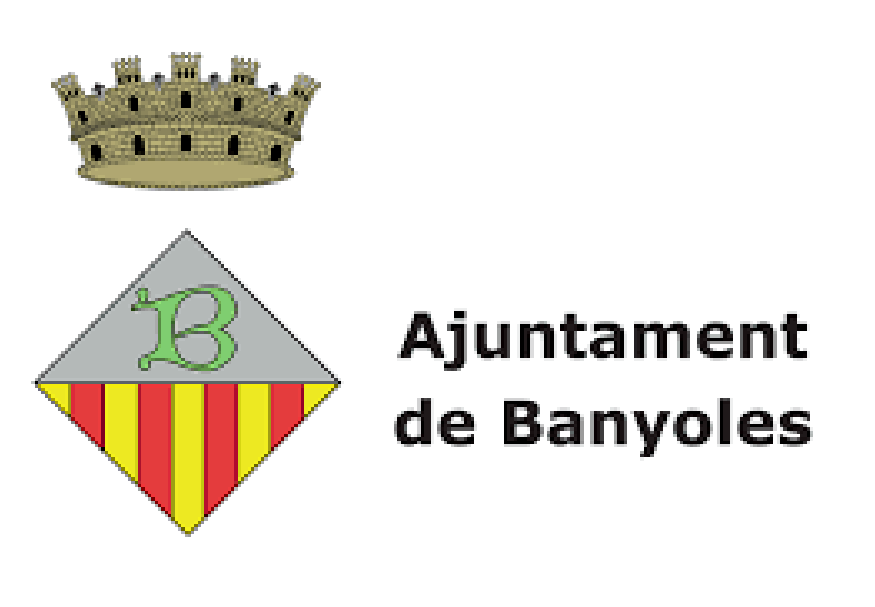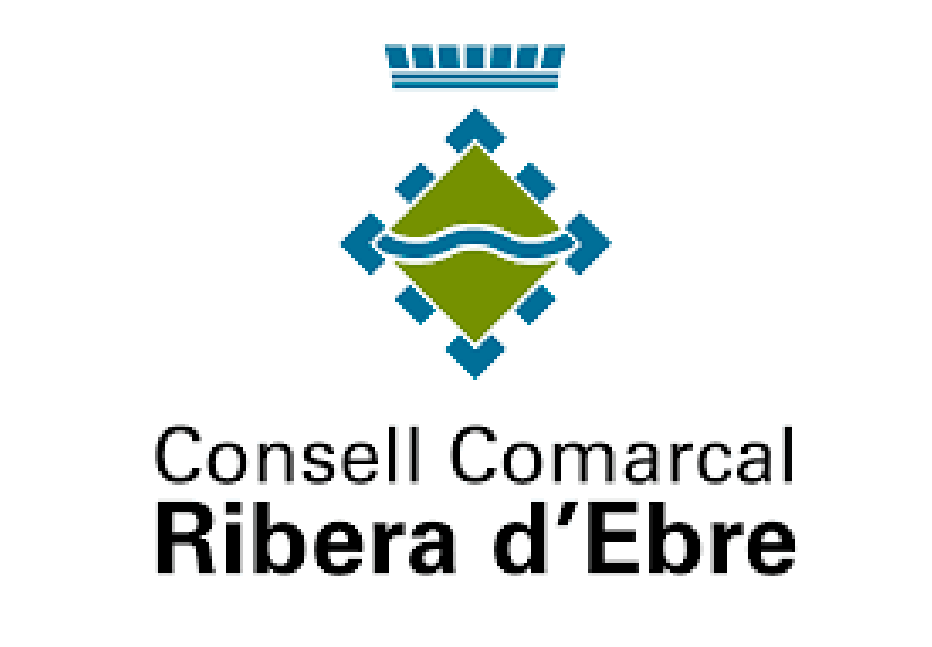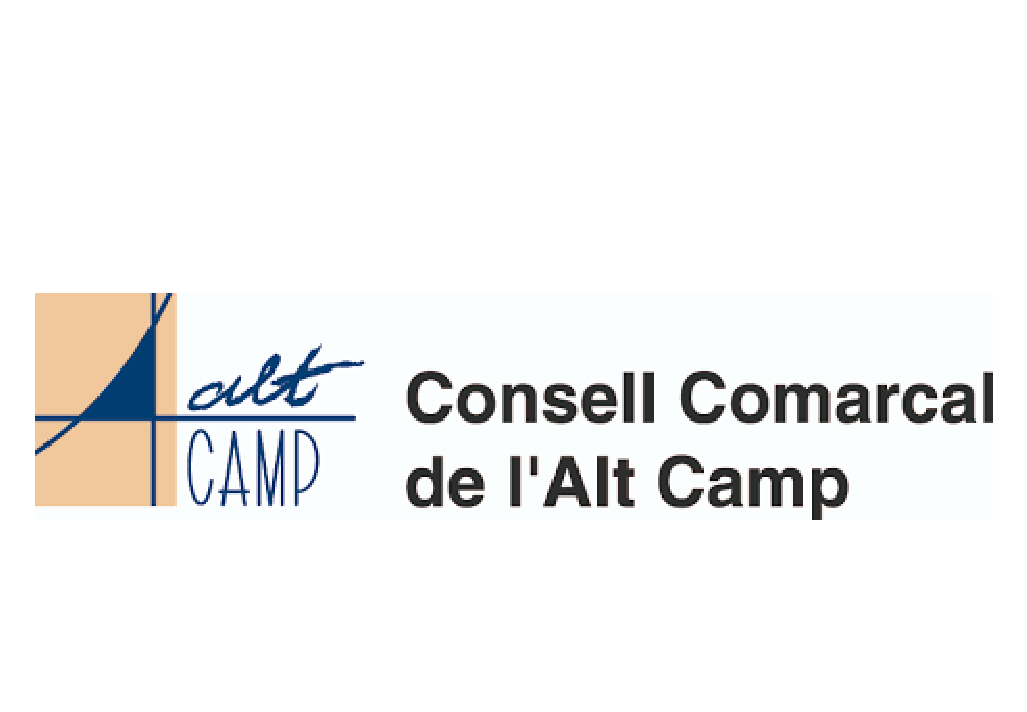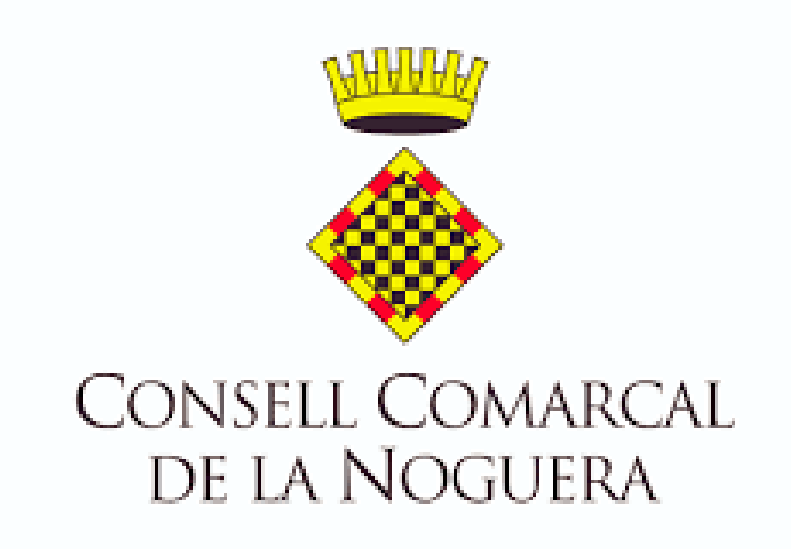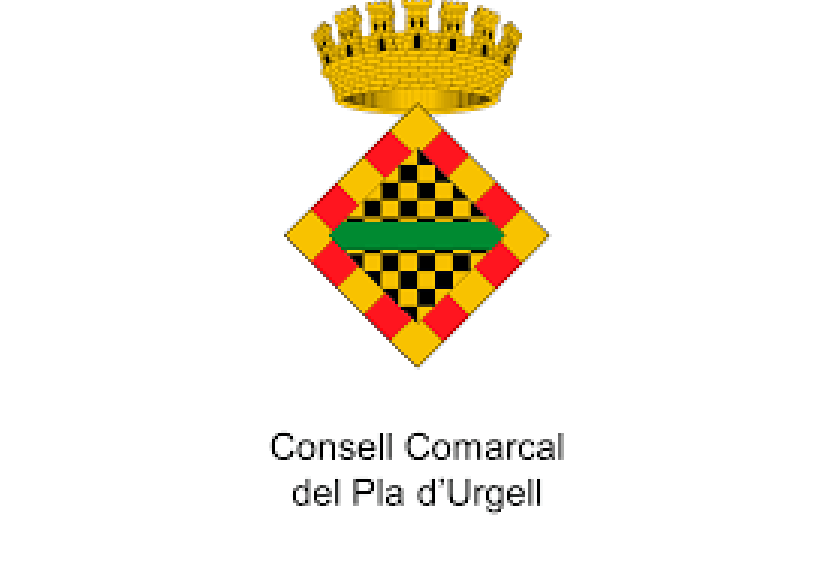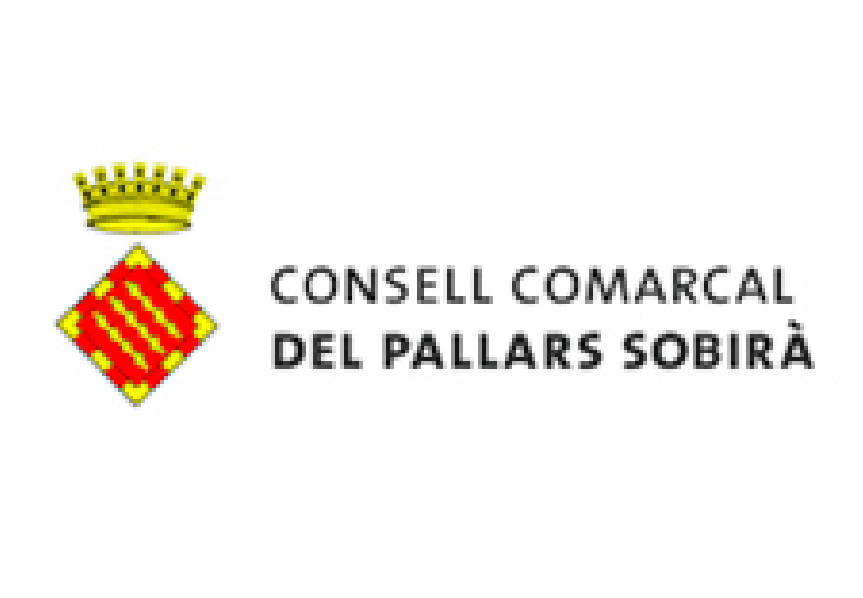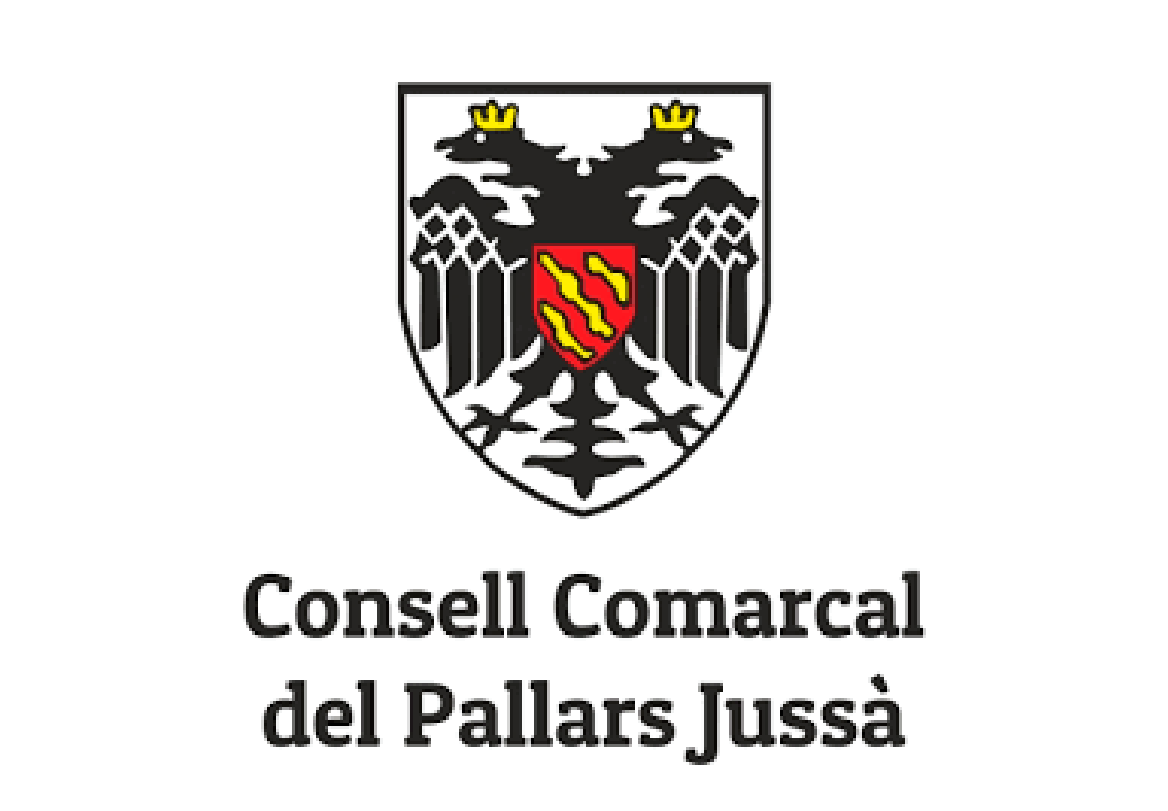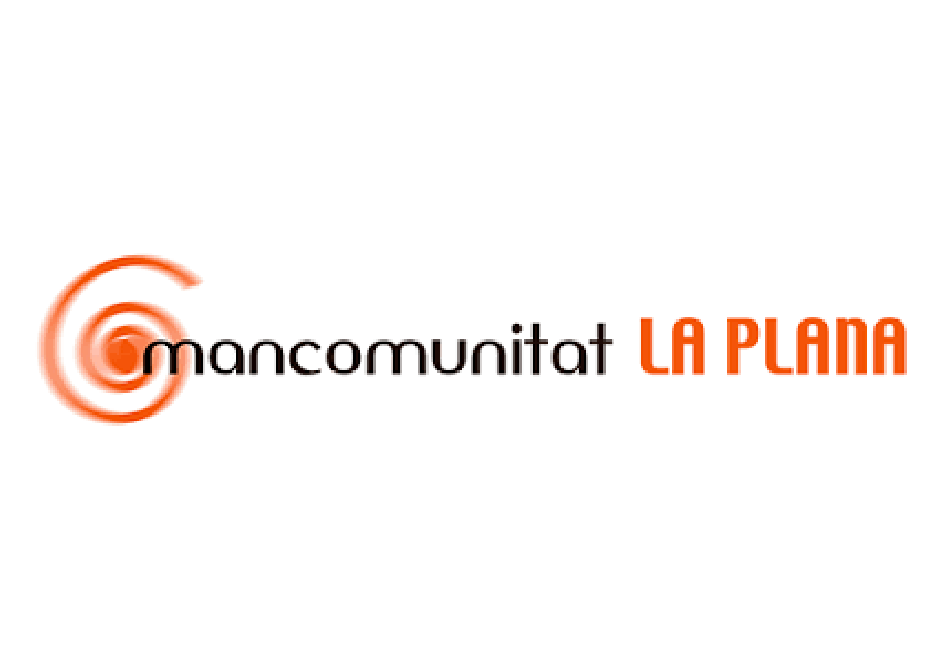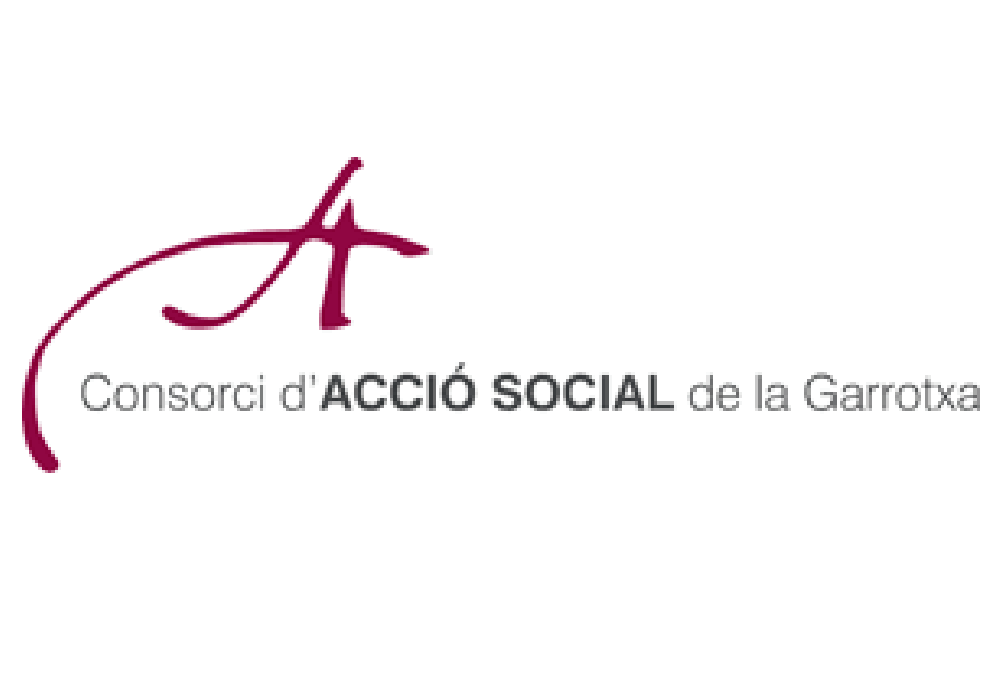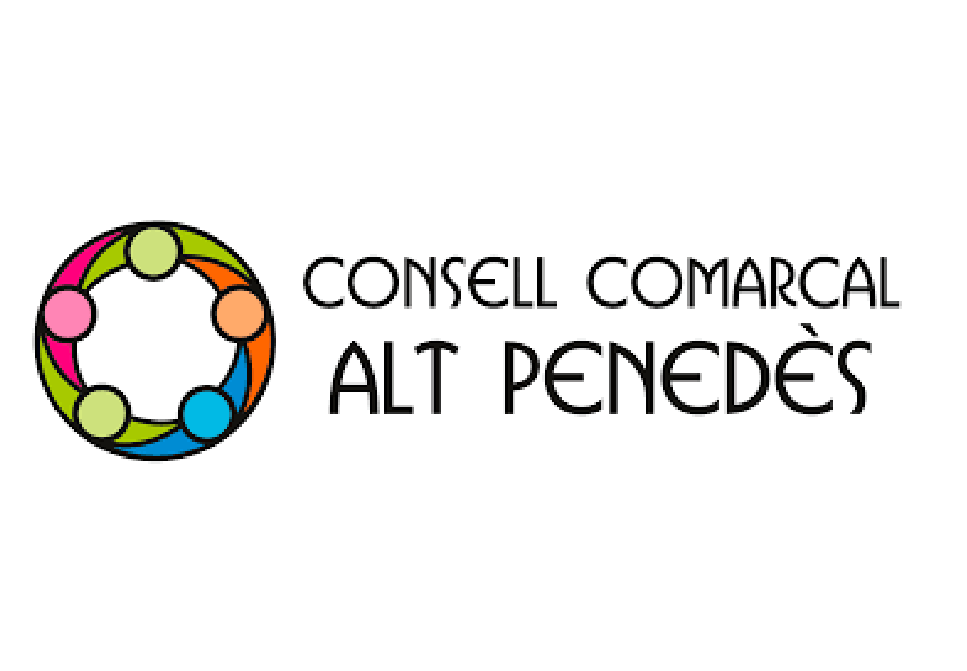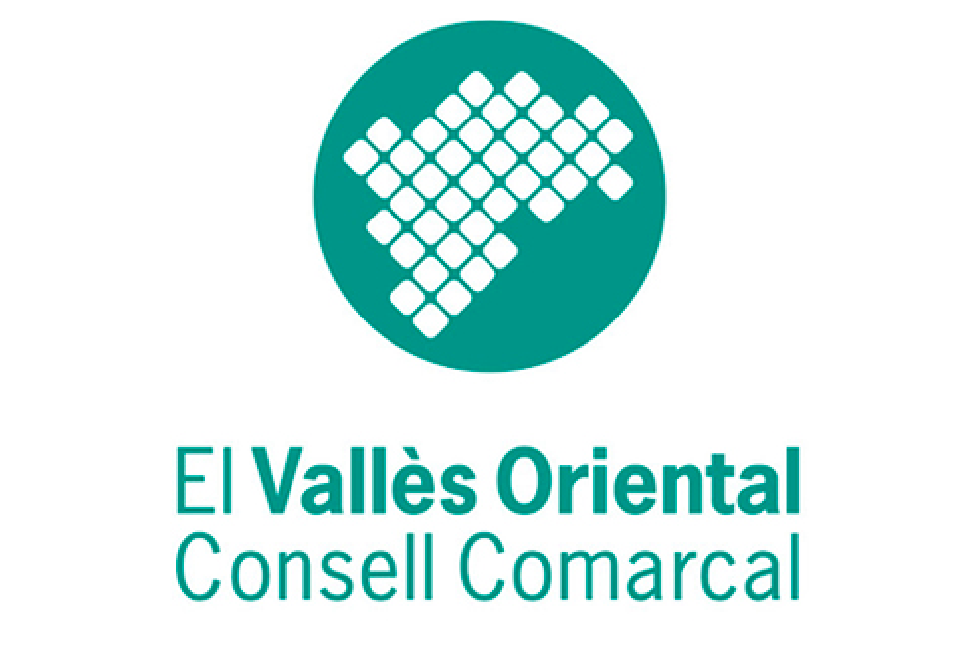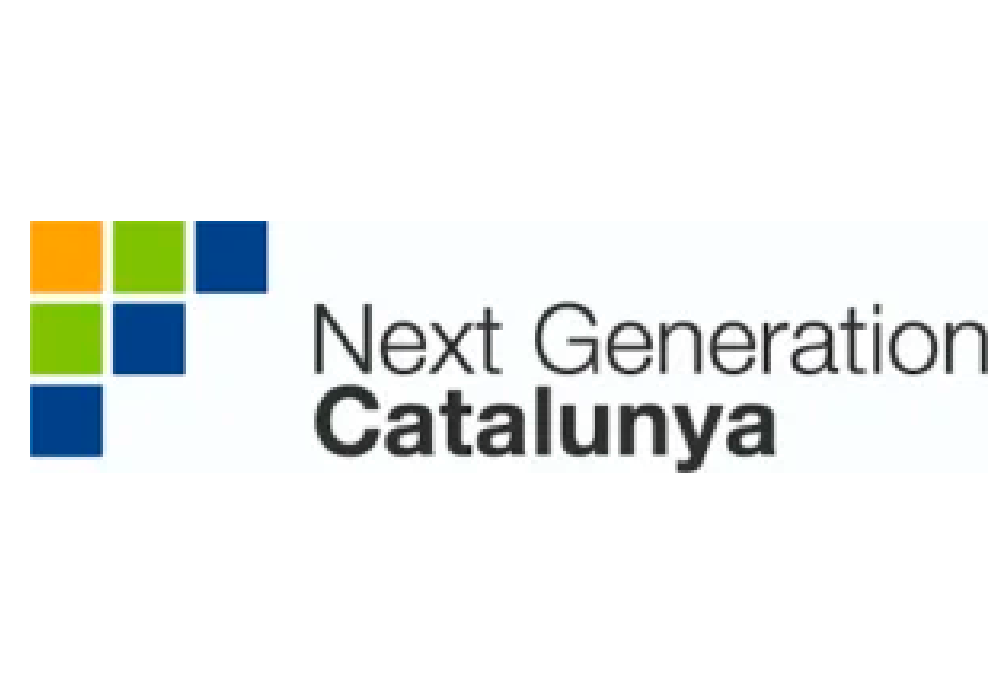New digital tools at the service of people who care
New digital tools at the service of people who care
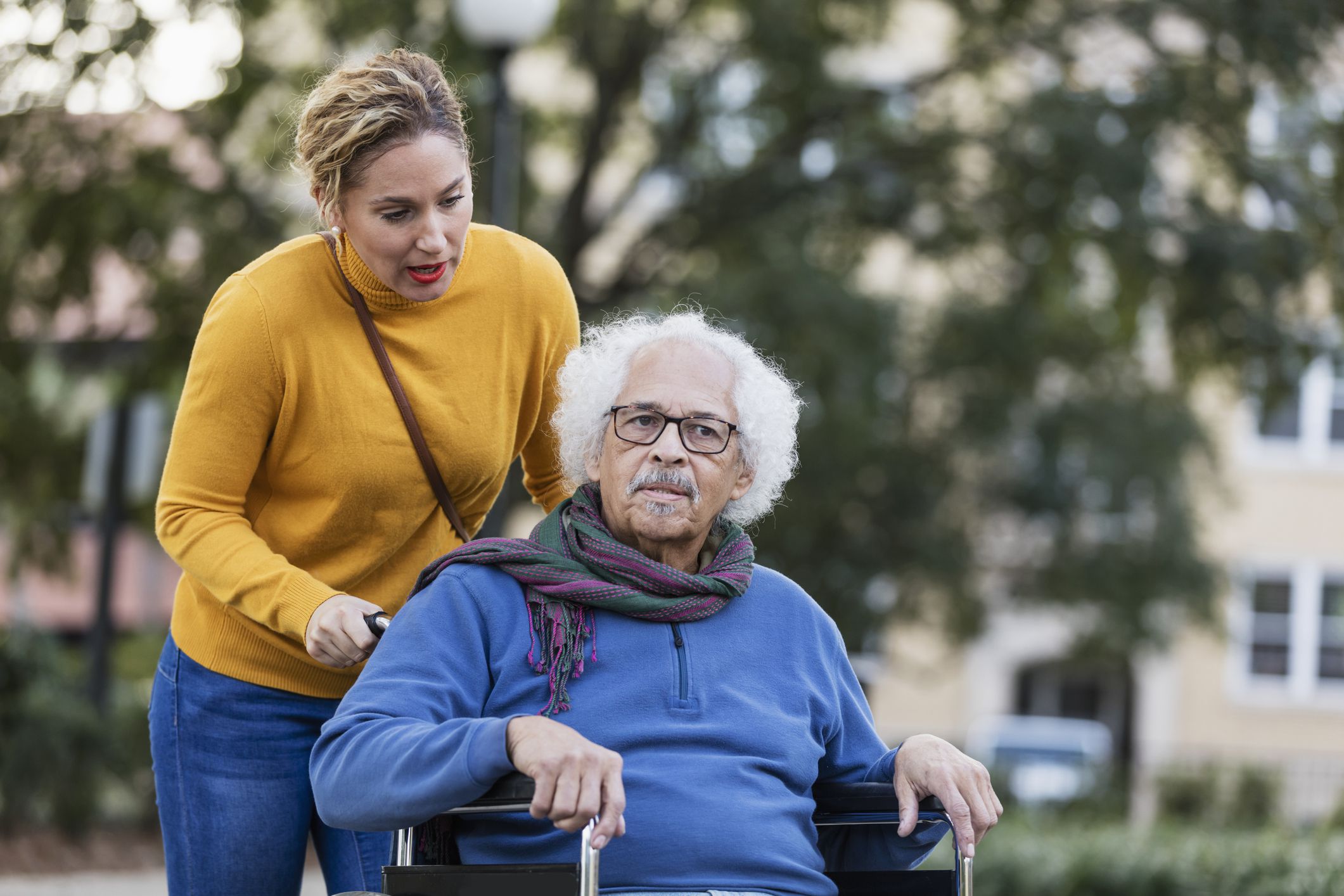
OKencasa (Basque Country) and myCarenet (Catalonia).
Held on July 11, 2023.
Care tasks involve supporting and assisting people who need help to carry out their daily activities for various reasons (illness, disability, aging, etc.). The role of non-professional or informal carers is key in the face of dependency, but the time and energy devoted to these demanding tasks can involve changes in their daily life and in their physical and emotional health.
For this reason, it is important to recognize the importance of the social contribution of carers and to provide them with adequate care support. In recent years, initiatives and platforms have been promoted that provide tools and resources to face care tasks effectively and allow the creation of optimal support networks for caregivers, with the aim of reducing their stress and exhaustion and be able to provide quality care without compromising their health and well-being.
- OKencasa, platform launched in 2018 that offers support to non-professional carers who take care of elderly or dependent people. Through the Zaindoo app, it offers the permanent support of a professional, online training, tools to organize care tasks, and discounts or advantages in physiotherapy services, legal advice, home adaptation, etc. The aim is to accompany and improve the quality of life of the carer and to facilitate their day-to-day care, i.e. to take care of the people they care for.
- myCarenet, application launched in 2018 that allows the person with some type of dependency or their family member or caregiver to weave and co-create their own support network, in their own home and in their usual environment. With an inclusive and community perspective, and at the same time preventing an eventual feeling of unwanted loneliness, myCarenet allows the burden of care to be shared, lightening the burden of the main carer.
Speakers:
- Iñigo Kortabitarte, OKencasa (Basque Country)
- Albert Puig, myCarenet (Catalonia)
Innobreaks

